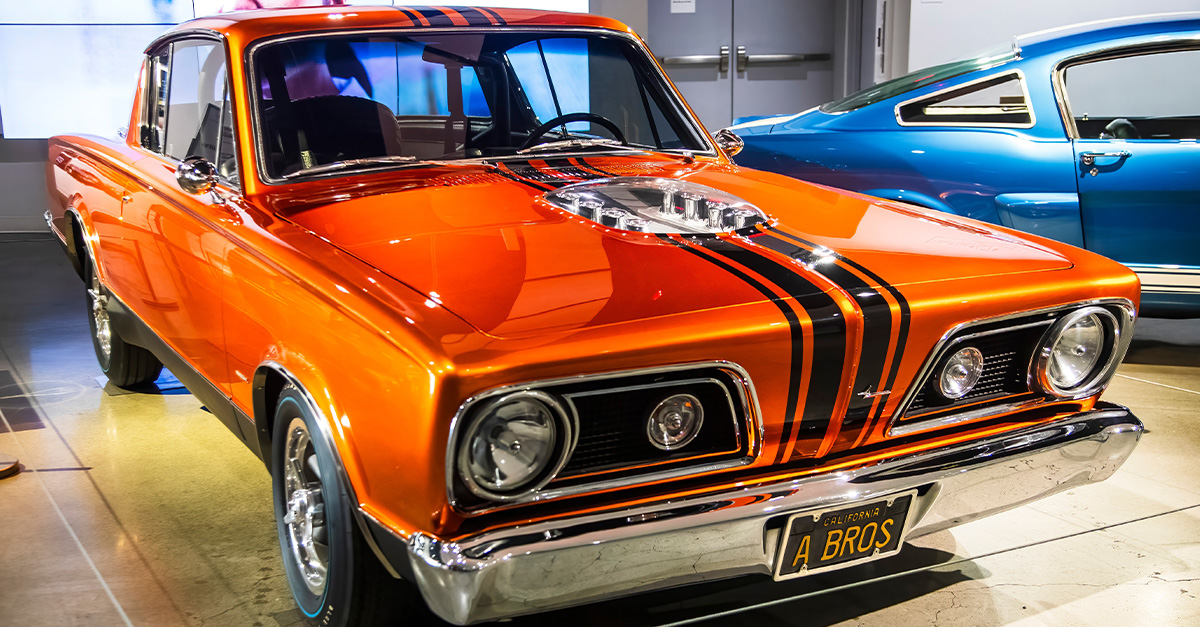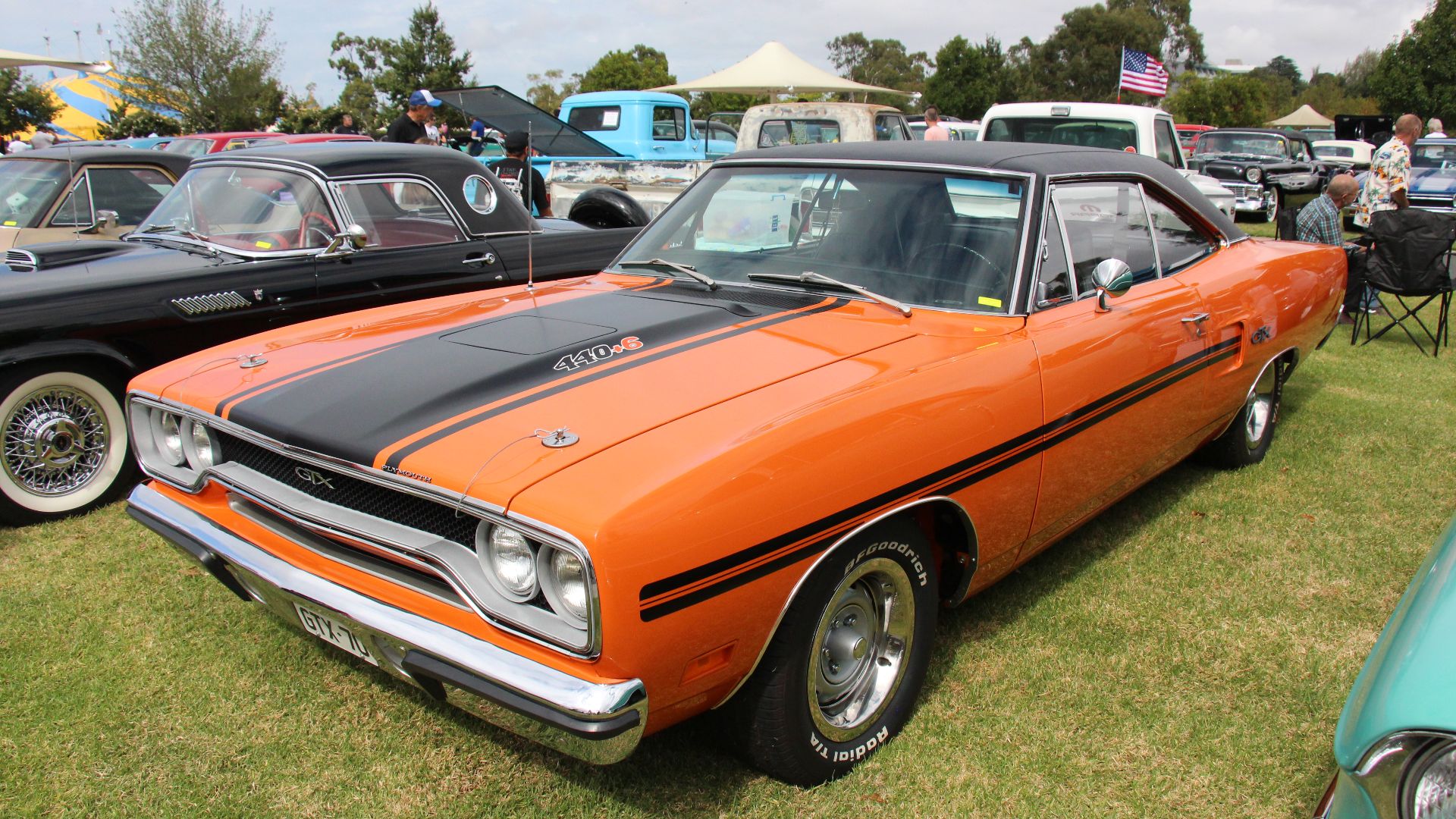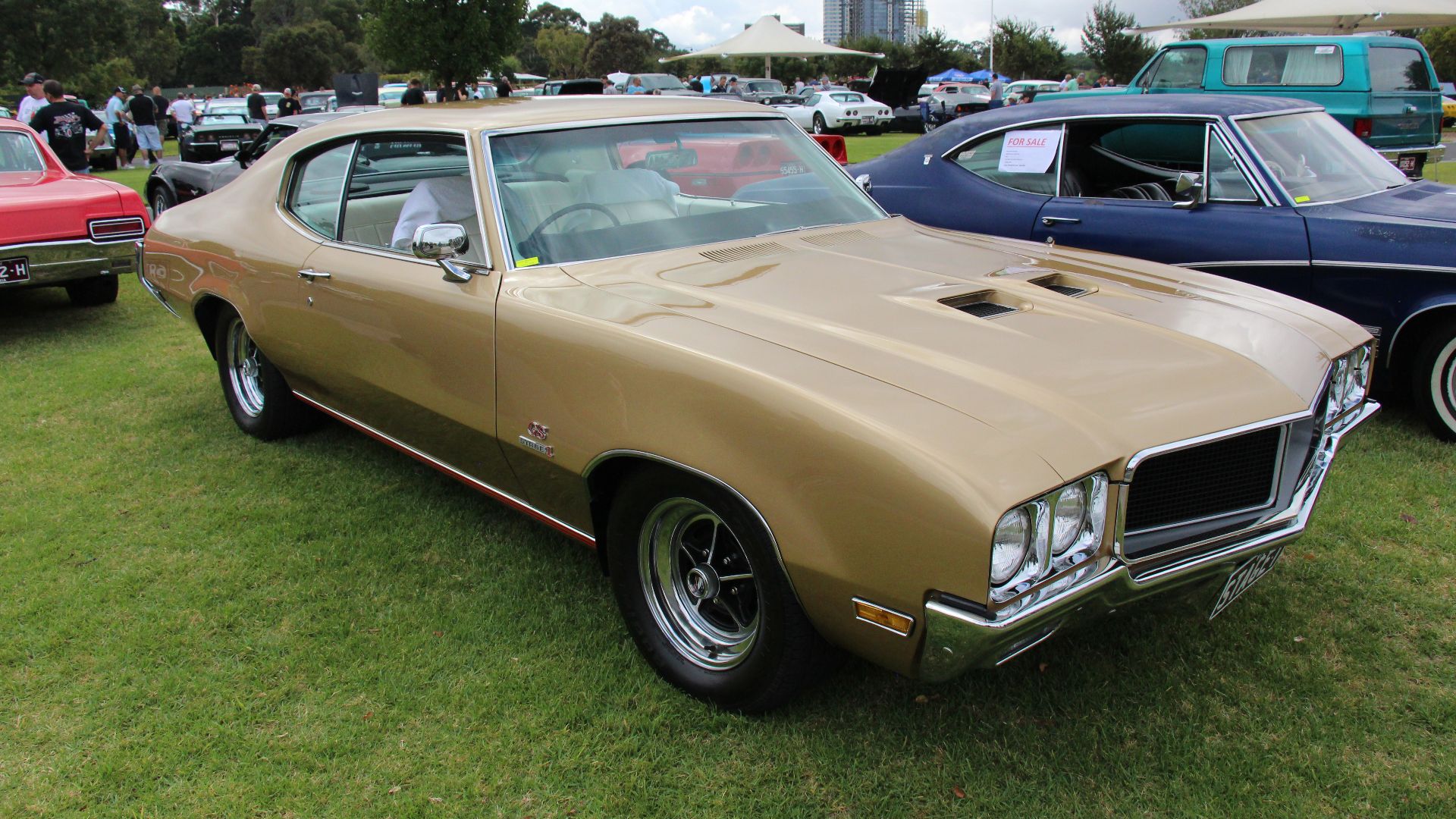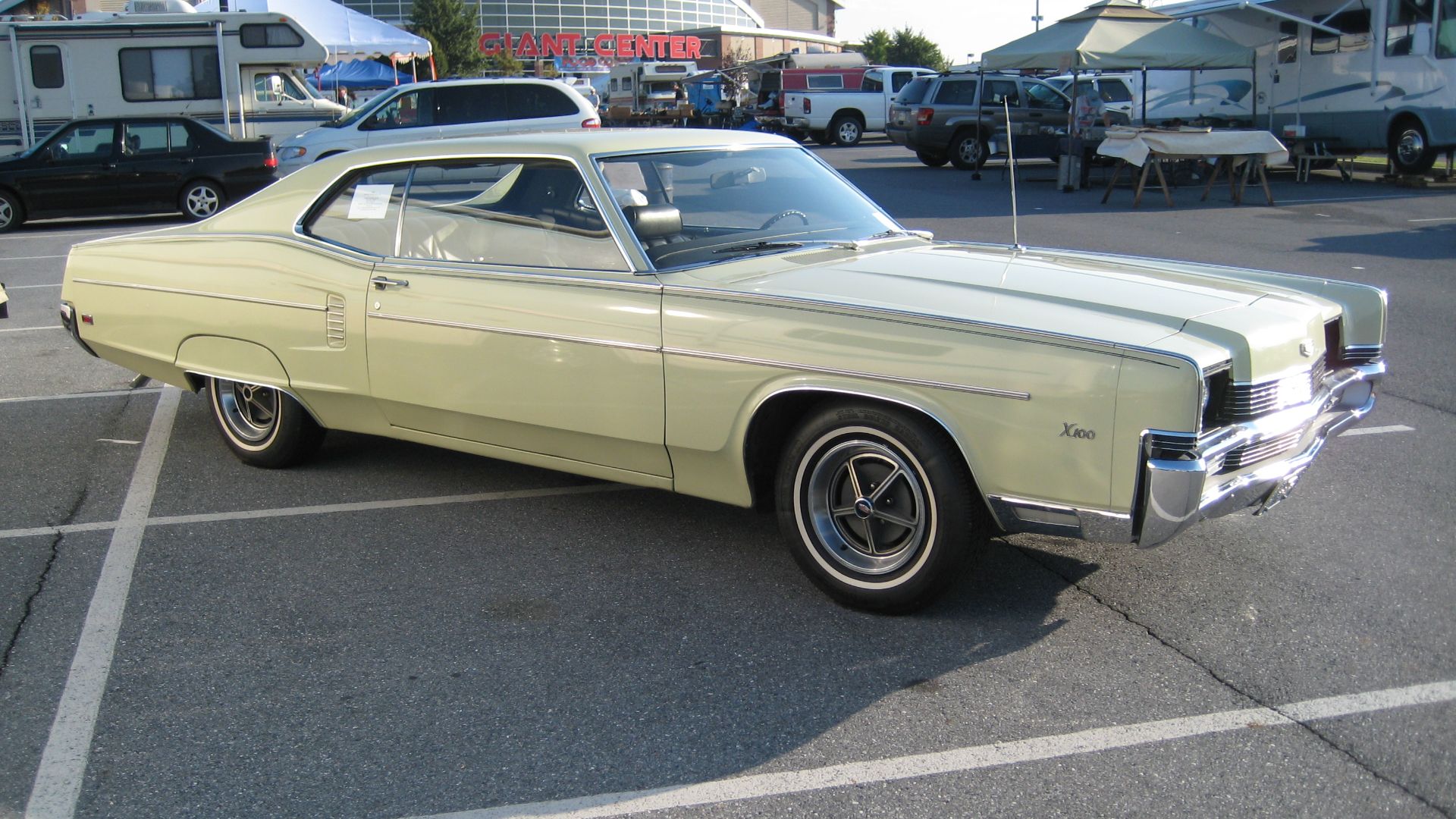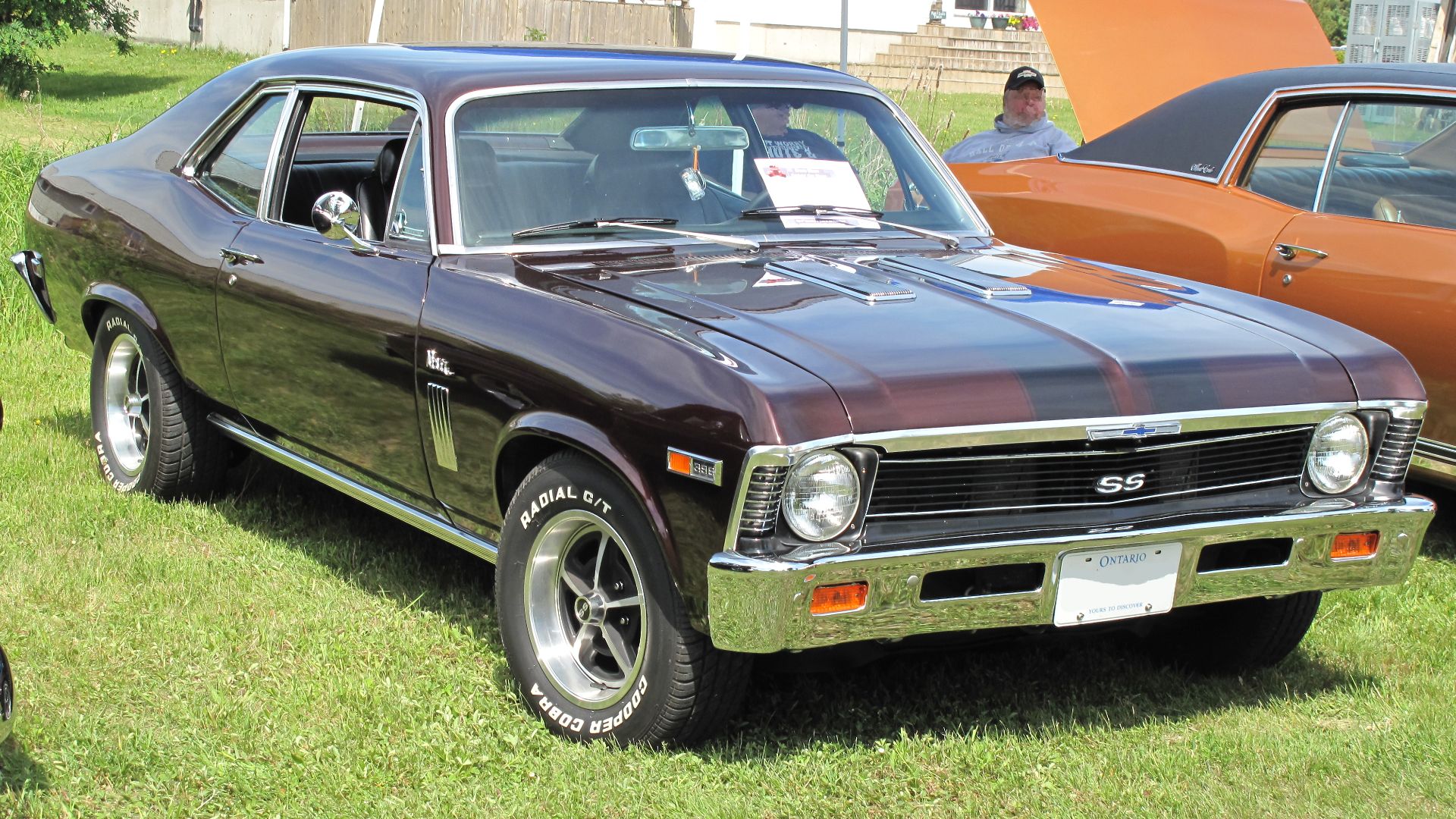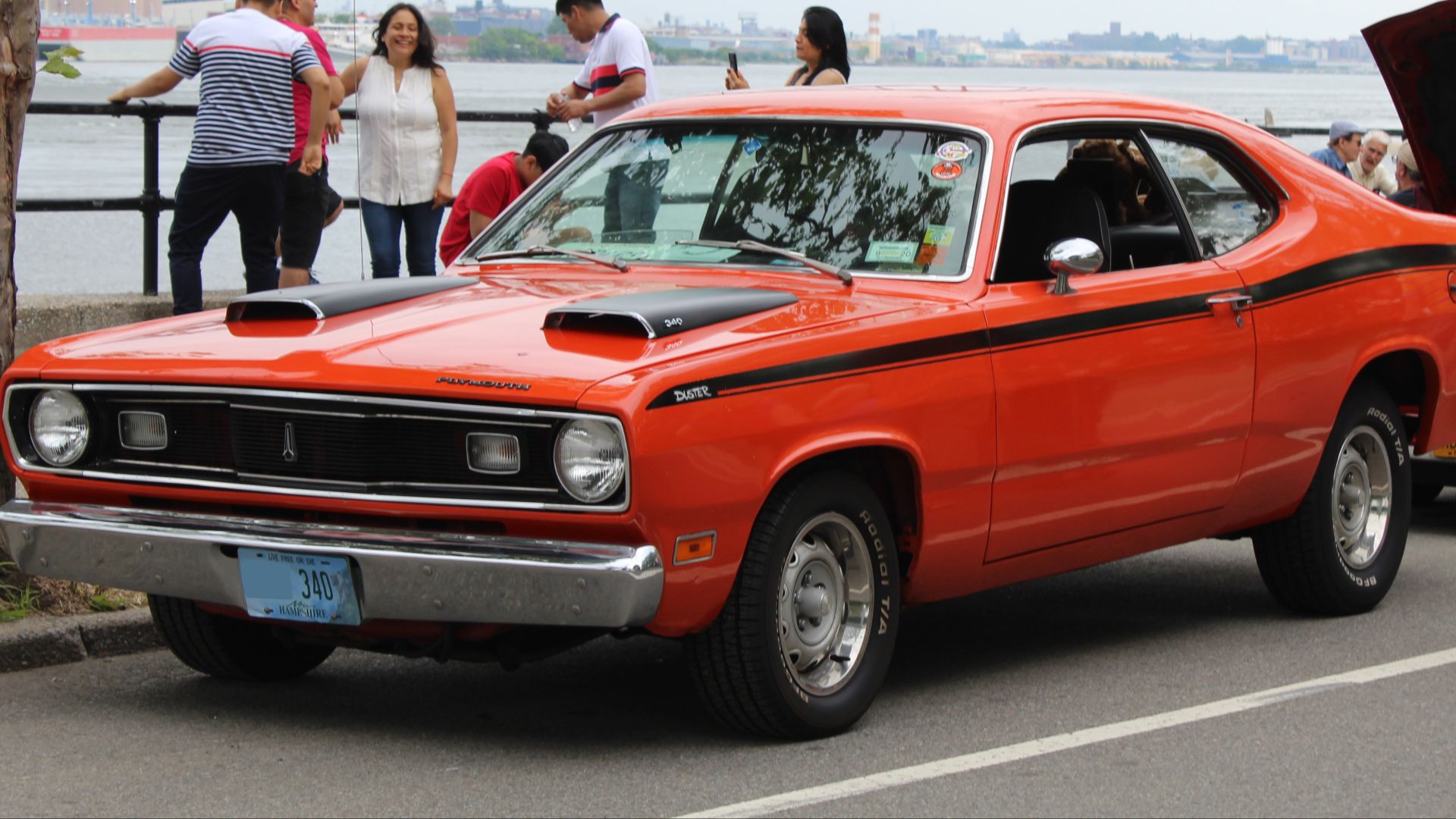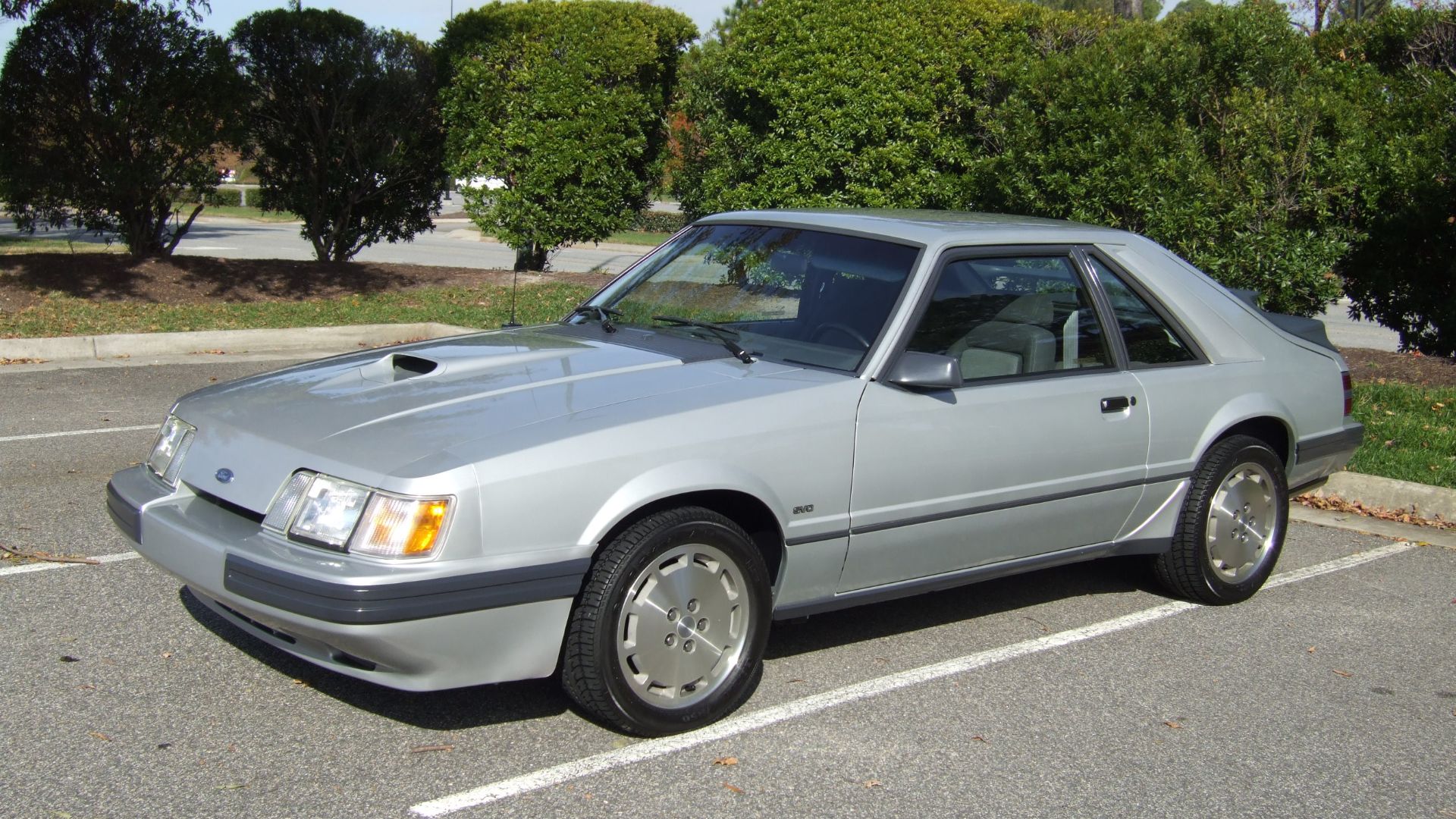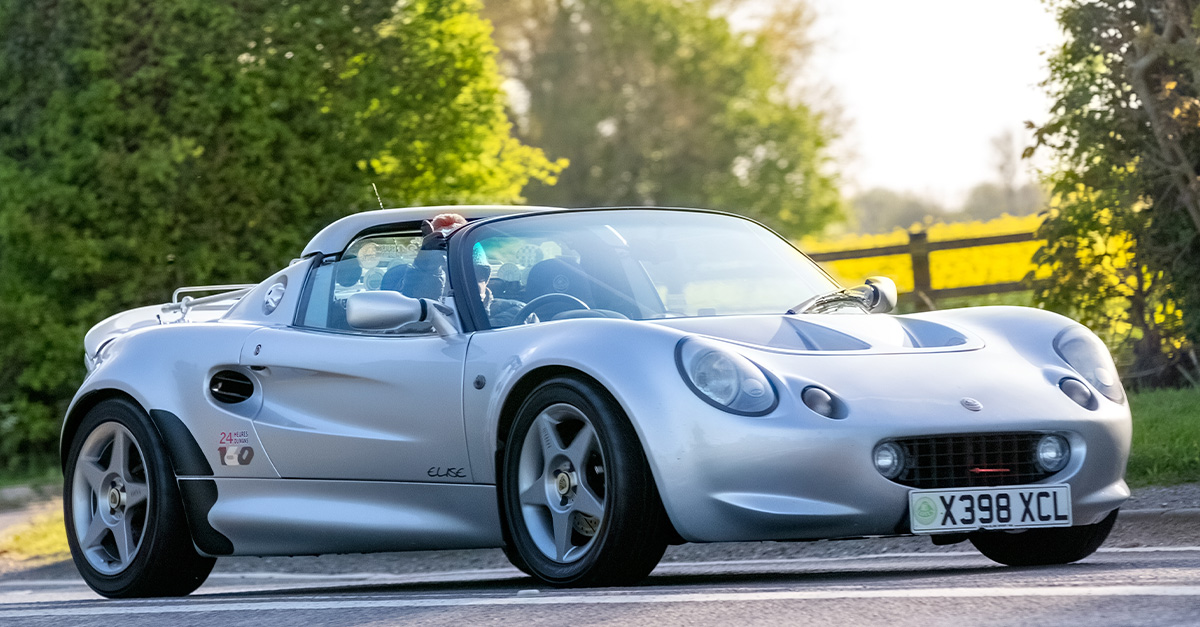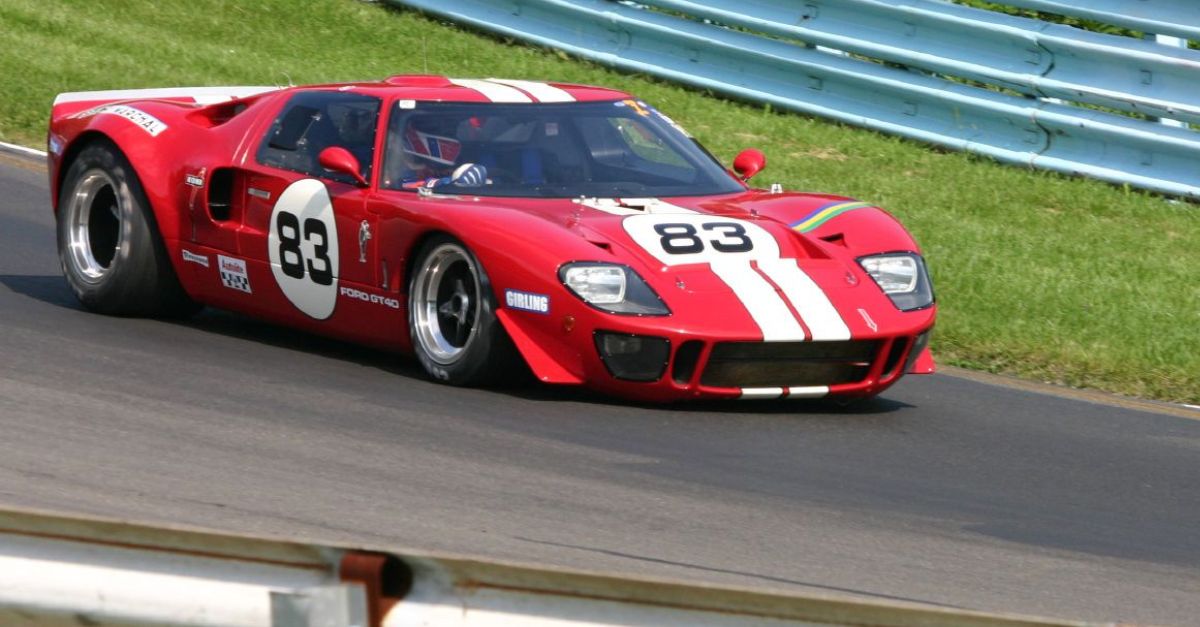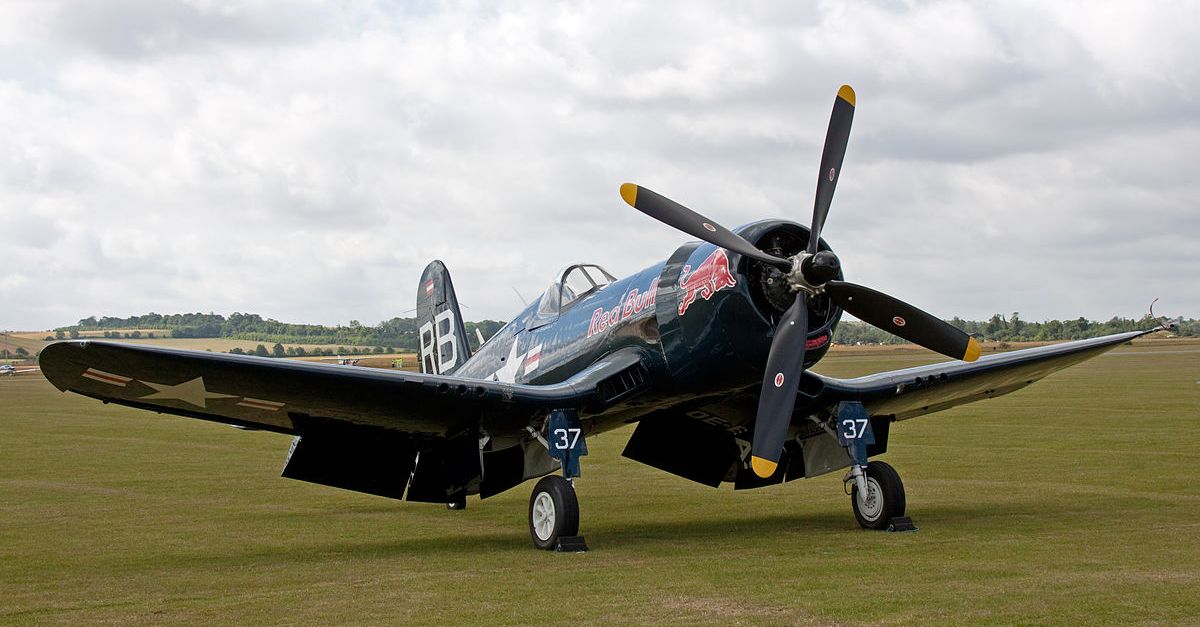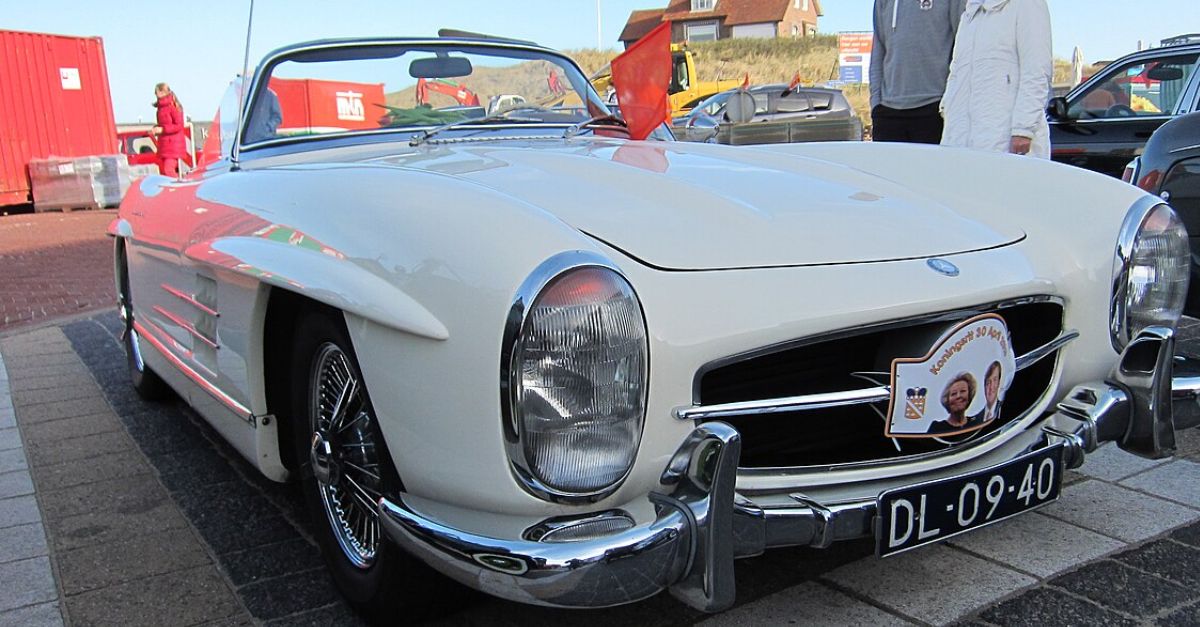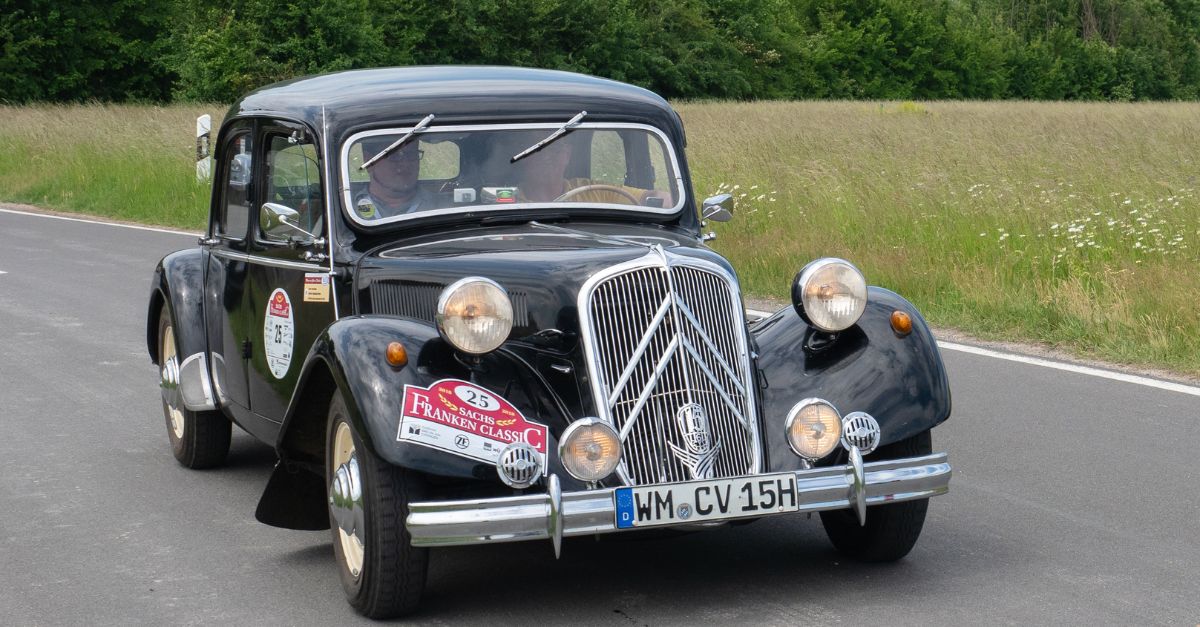The Greatest Unsung Muscle Cars Ever Made?
Muscle car history is filled with monsters—Hemis, big blocks, straight-line stormers, and boulevard bruisers whose names echo through garages and car meets everywhere. But hiding just beneath that glory-gilded surface are the muscle machines that should have been legends… but never got their rightful spotlight. Maybe they were too early, too late, too confusing, too expensive, or simply overshadowed by louder competitors. Today, we’re cracking open the garage on 25 underrated muscle cars that deserved to roar their way into greatness. Tire-smoking potential? Absolutely. Legendary status? Criminally denied. Let’s fix that.
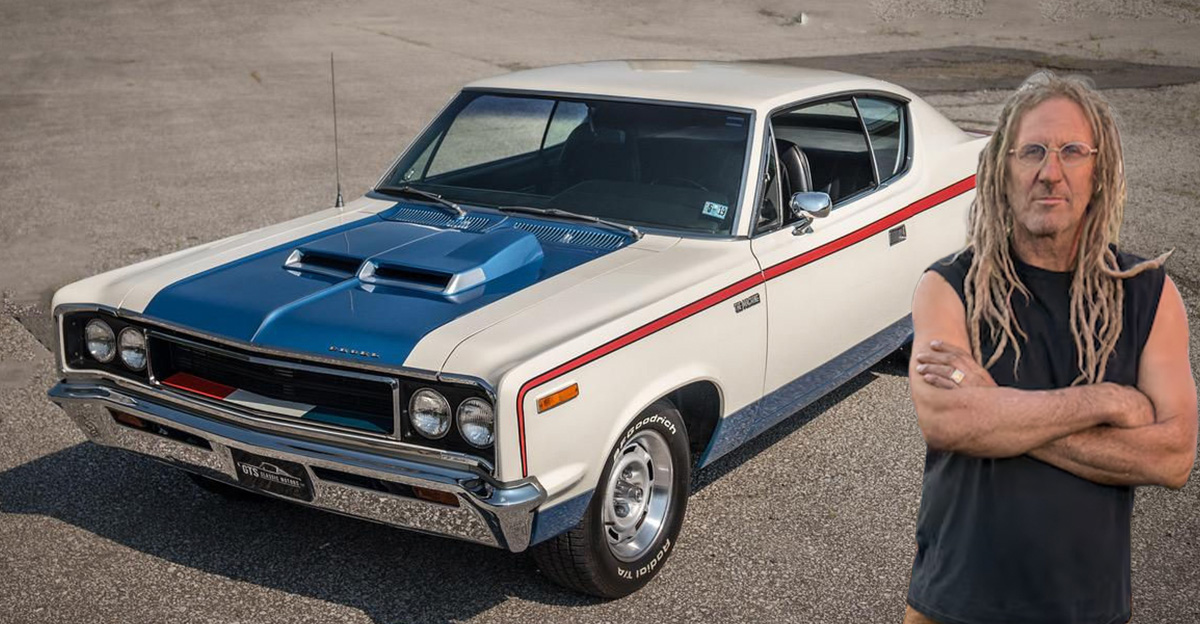
Plymouth GTX 440
The GTX was always the gentleman bruiser of Plymouth’s lineup, but the 440-powered version had all the goods to be a household name. With torque like a tugboat and a ride smoother than many contemporaries, it was overshadowed by the Road Runner’s cartoon fame and the Hemi’s big-ticket allure. Yet the GTX 440 was arguably the perfect middle ground.
Mercury Cyclone Spoiler
The Cyclone Spoiler had NASCAR bones and street swagger, but Mercury’s identity crisis left this monster criminally under-celebrated. With aerodynamic lines and 429 power on tap, this car should’ve been Ford’s halo muscle icon—if only Mercury’s marketing hadn’t been so… Mercury.
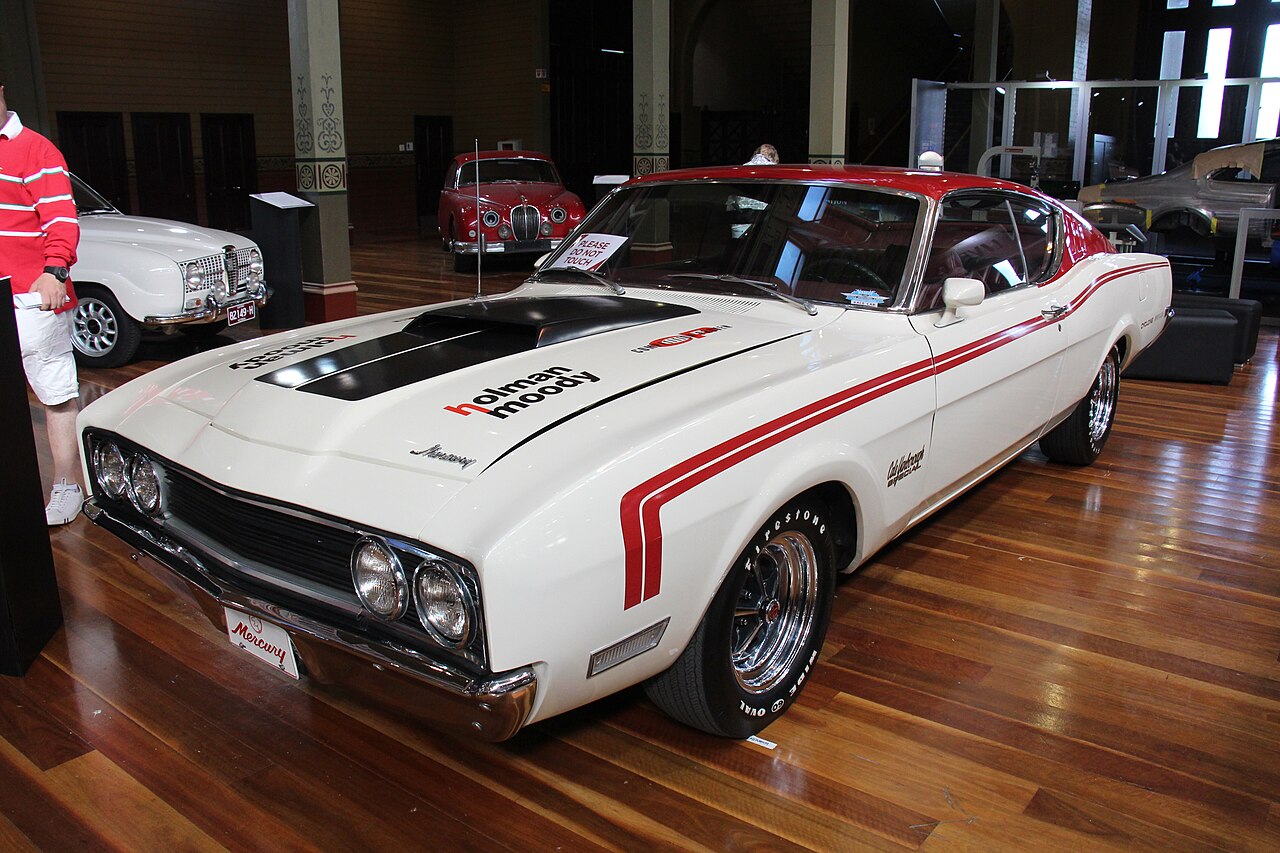 Sicnag, CC BY 2.0, Wikimedia Commons
Sicnag, CC BY 2.0, Wikimedia Commons
AMC Rebel Machine
Few cars deserve the word “Machine” in their name—but AMC meant it. With red-white-blue paint and a 390 V8 ready for back-road battle, the Rebel Machine was bold, quick, and surprisingly refined. AMC fans worship it today, but the wider world still doesn’t treat it like the monster it was.
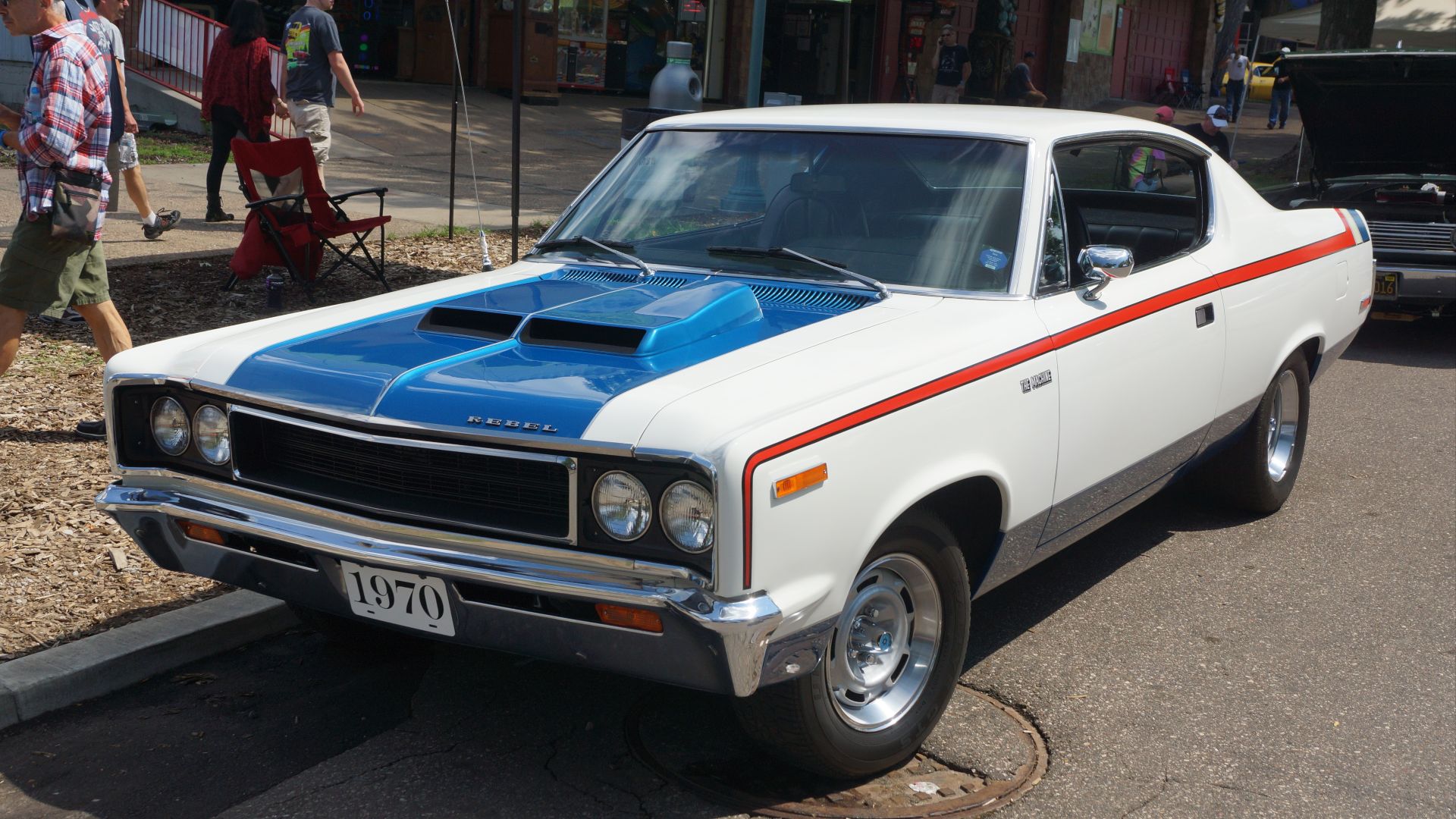 Greg Gjerdingen from Willmar, USA, Wikimedia Commons
Greg Gjerdingen from Willmar, USA, Wikimedia Commons
Chevrolet 454 SS (1990)
Yes, it’s a truck. Yes, it counts. The 454 SS brought old-school big-block nastiness into the ’90s when everyone else was downsizing and getting sensible. This thing could roast tires at will and looked like a bouncer in pickup form. It deserved to kick off a new era of muscle trucks—but it stayed more cult classic than industry shaker.
Ford Torino GT
The Torino GT had the curves, the color palette, and the Cobra-Jet clout needed to join Mustang-level fame. Instead, it lived in the Mustang’s shadow. The GT’s combination of comfort and ferocity could have made it a superstar, but Ford didn’t push it hard enough.
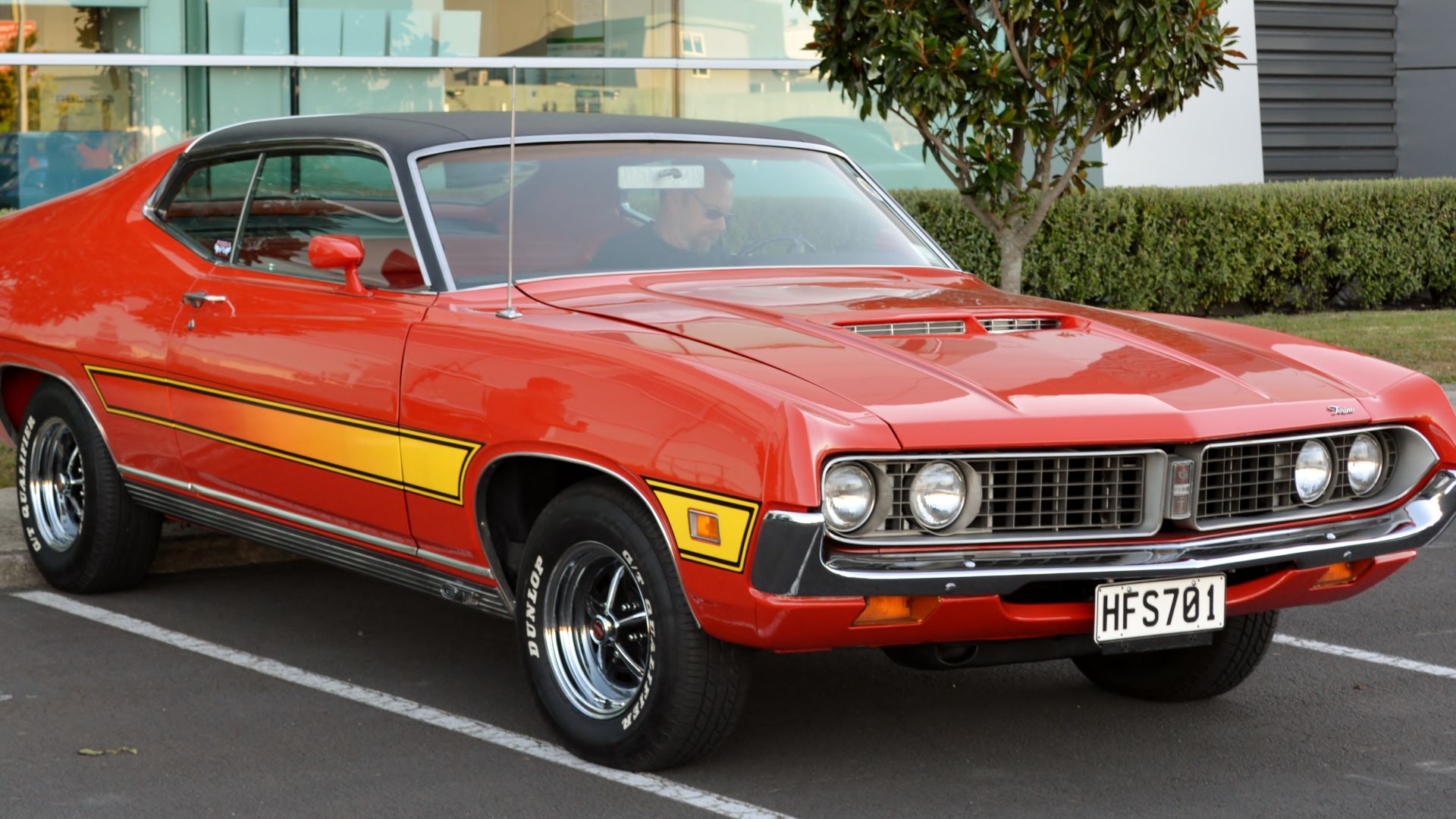 GPS 56 from New Zealand, Wikimedia Commons
GPS 56 from New Zealand, Wikimedia Commons
Chrysler 300 Hurst
The Chrysler–Hurst collaboration produced a heavyweight cruiser with heavyweight power. This car blended luxury with genuine muscle, topped off by Hurst gold accents. But timing and price worked against it. If muscle-luxury had boomed earlier, this beast would’ve been the blueprint.
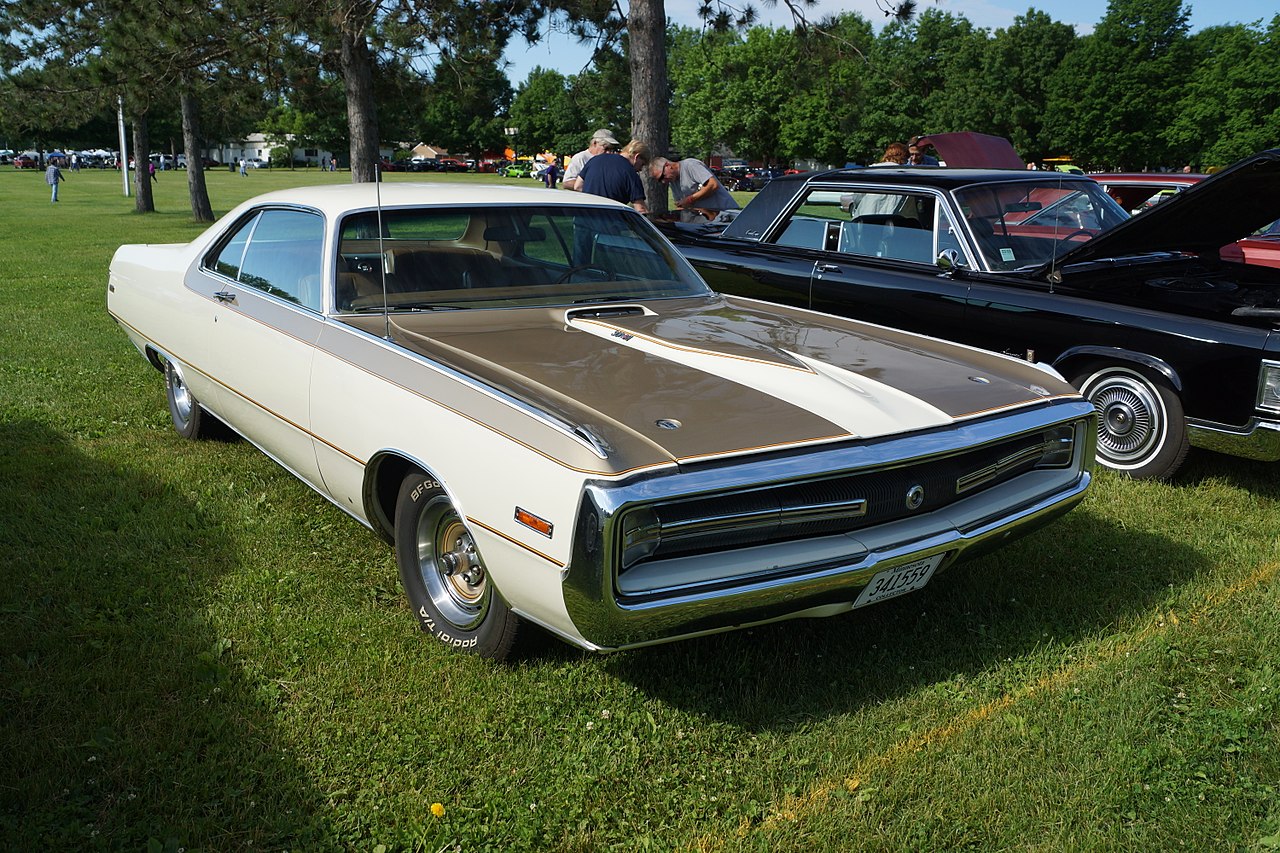 Greg Gjerdingen, CC BY 2.0, Wikimedia Commons
Greg Gjerdingen, CC BY 2.0, Wikimedia Commons
Pontiac LeMans GT
Sitting uncomfortably close to the GTO in Pontiac’s lineup, the LeMans GT suffered from sibling rivalry. Yet with strong V8 options, crisp lines, and the same Pontiac swagger that made the GTO famous, this car deserved more fanfare than it ever received.
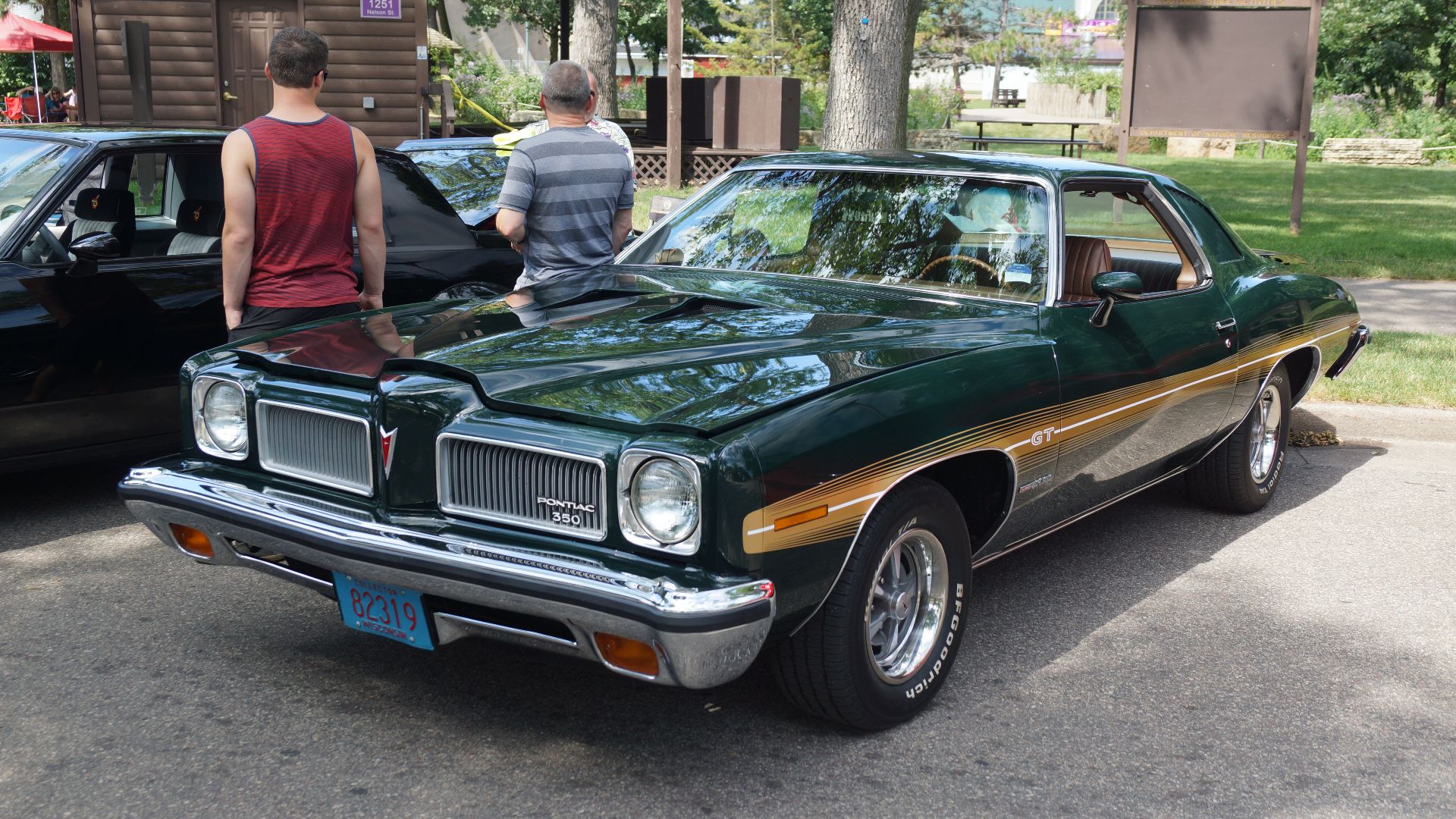 Greg Gjerdingen from Willmar, USA, Wikimedia Commons
Greg Gjerdingen from Willmar, USA, Wikimedia Commons
Dodge Challenger T/A
One year. That’s all this street-legal Trans Am racer got. The Challenger T/A brought a high-revving 340 Six-Pack, functional scoops, and wild side-exit exhausts. It was everything enthusiasts say they want today—light, responsive, track-inspired—but its short production window doomed it to cult status rather than mainstream legend.
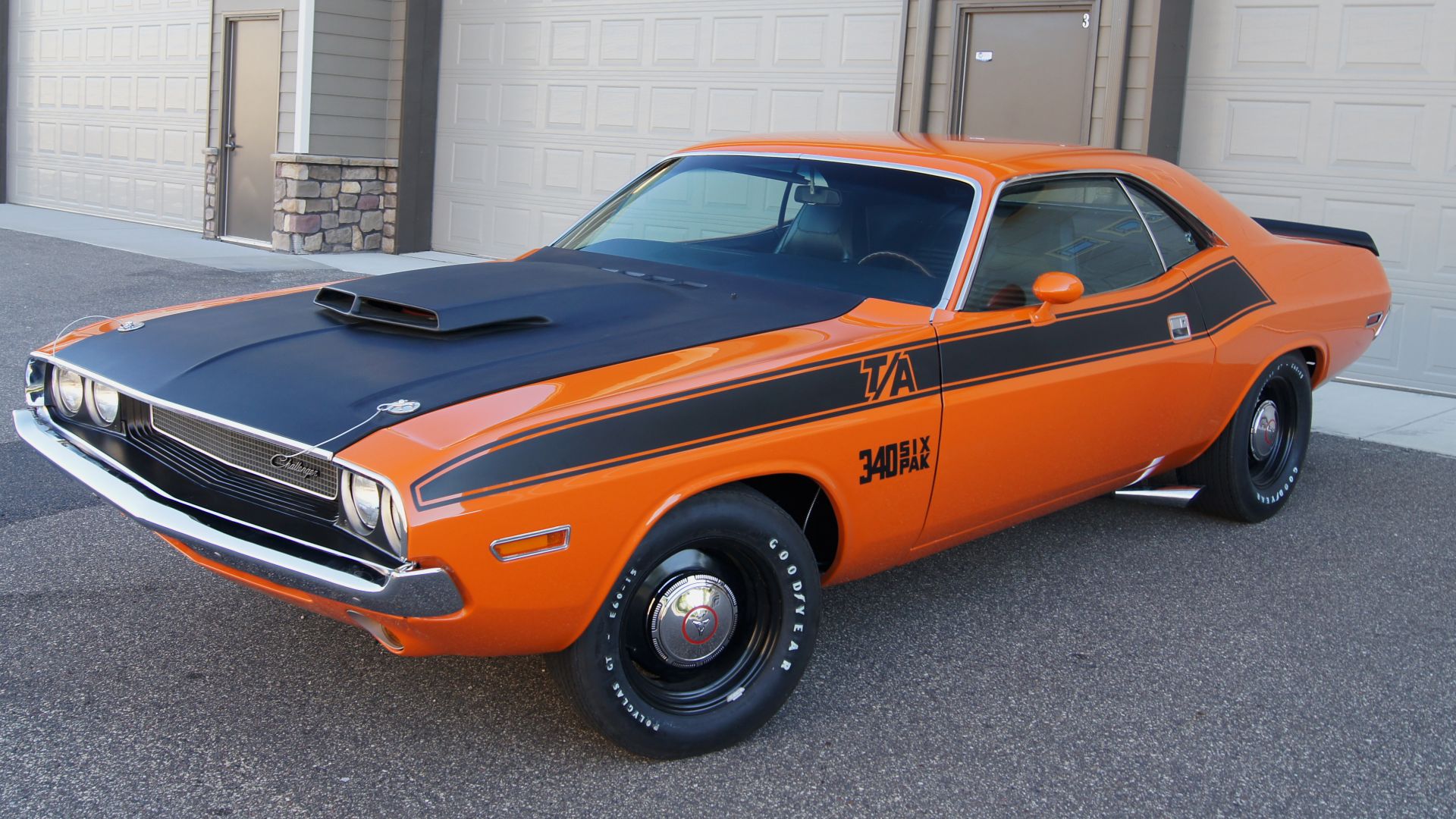 Greg Gjerdingen from Willmar, USA, Wikimedia Commons
Greg Gjerdingen from Willmar, USA, Wikimedia Commons
Buick GS 455 Stage 1
In 1970, this was the torque king of Detroit. It could keep up with Hemis while looking like a banker’s weekend car. Buick’s luxury-leaning image kept the GS from reaching true legend status—but make no mistake, it was one of the fiercest muscle machines ever built.
Mercury Marauder X-100
Big, burly, and capable of surprising stoplight heroes, the Marauder X-100 delivered serious power wrapped in full-size formality. It bridged the gap between muscle and luxury long before that became a trend. Too bad Mercury kept missing the moment.
AMC Matador 401
The Matador 401 was AMC’s forgotten heavyweight—competent, powerful, and actually pretty stylish in coupe form. With a 401 V8 and surprising composure, the Matador should’ve been AMC’s second performance star. Instead, it became a trivia question.
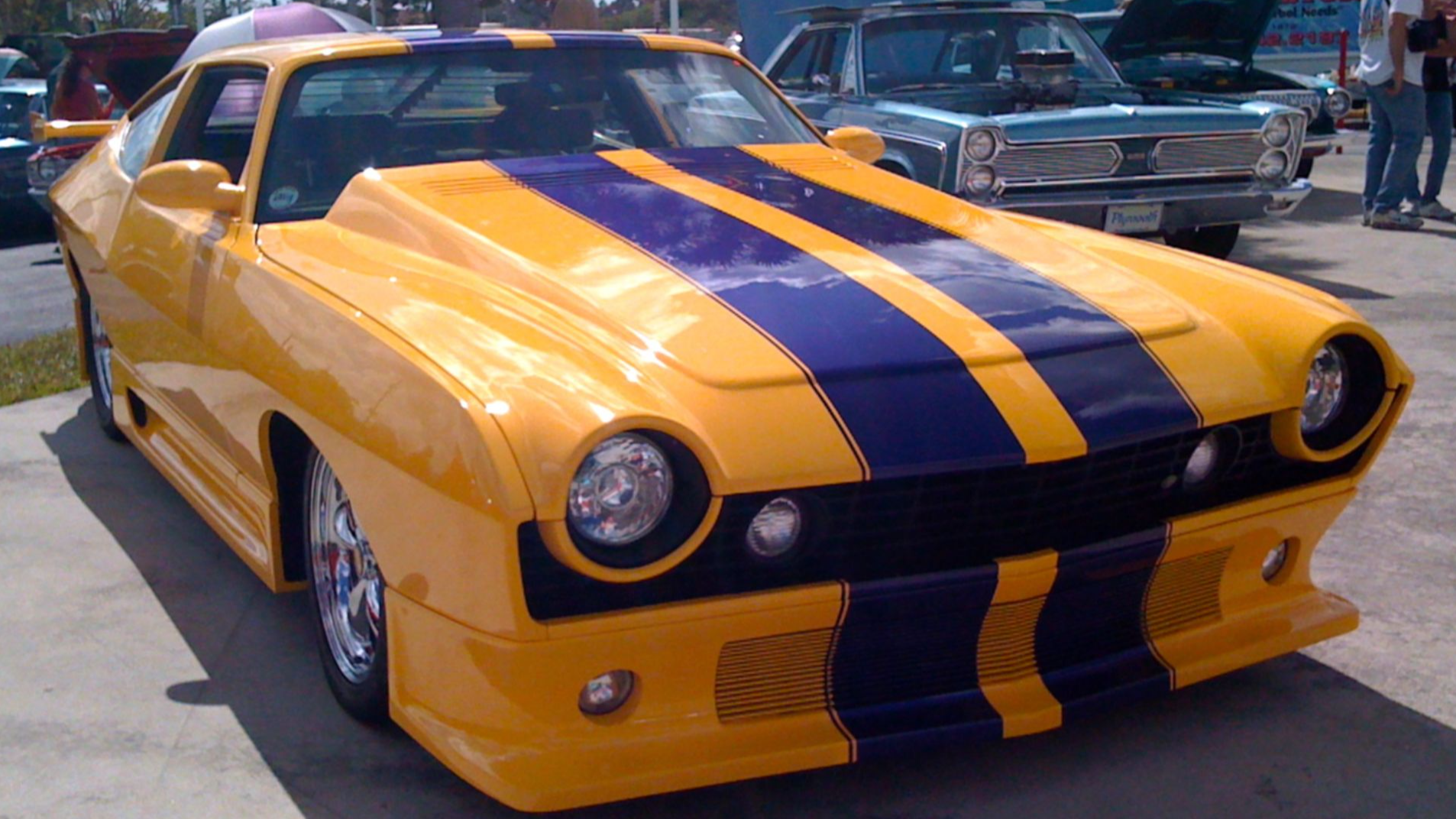 CZmarlin — Christopher Ziemnowicz, Wikimedia Commons
CZmarlin — Christopher Ziemnowicz, Wikimedia Commons
Ford Fairlane Thunderbolt
A factory drag weapon with a fiberglass diet and a 427 V8 that practically screamed “I want to ruin someone’s day,” the Thunderbolt was ahead of its time. Too few were made, too specialized, and too wild for mainstream hype. But in the right circles, it’s royalty.
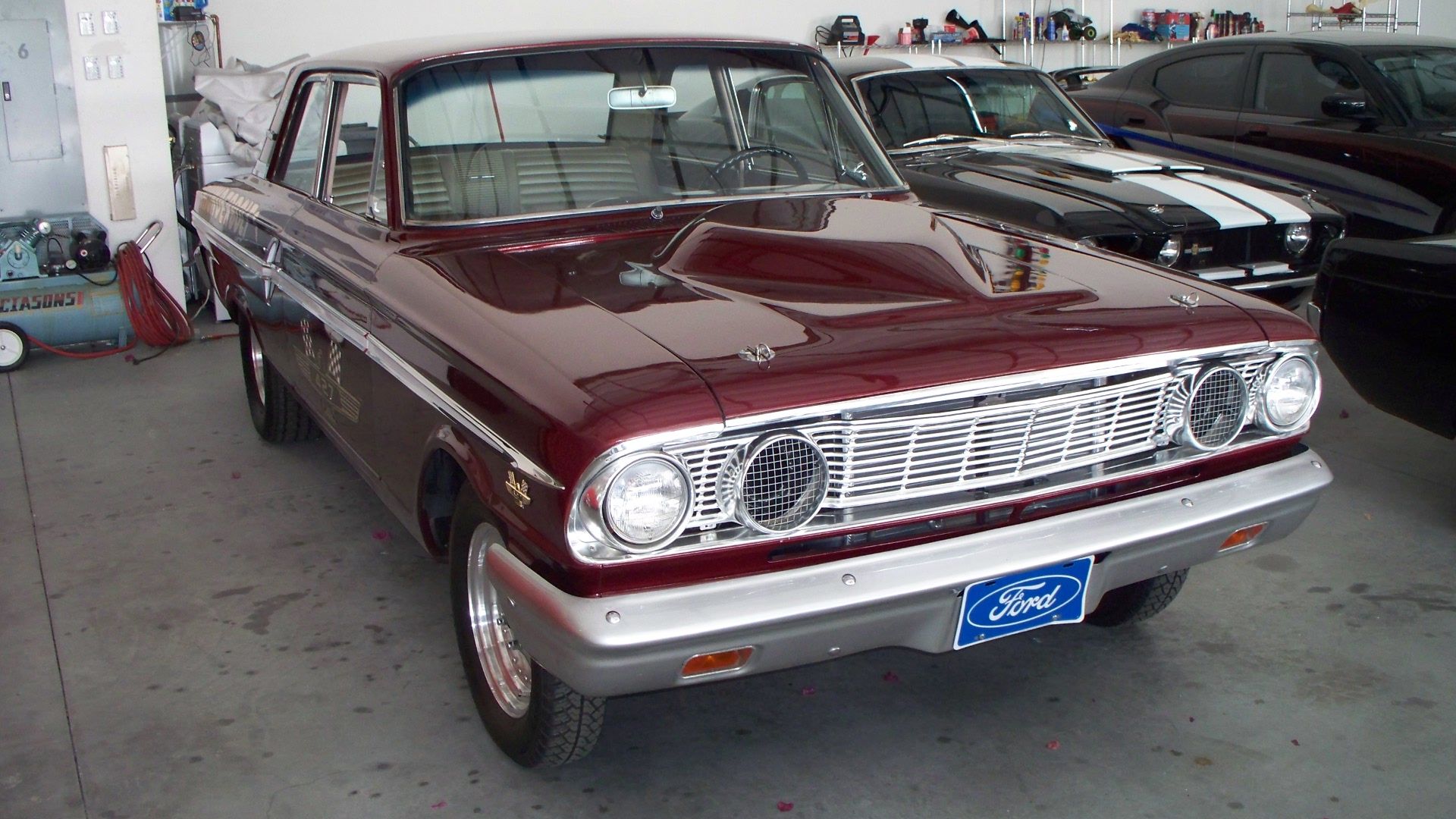 PMDrive1061, Wikimedia Commons
PMDrive1061, Wikimedia Commons
Oldsmobile W31 Cutlass
This wasn’t the biggest or baddest Oldsmobile—but the W31 was a high-revving small-block assassin. Lightweight, balanced, and underrated even among Olds faithful, the W31 delivered real performance but never escaped the shadow of the 442.
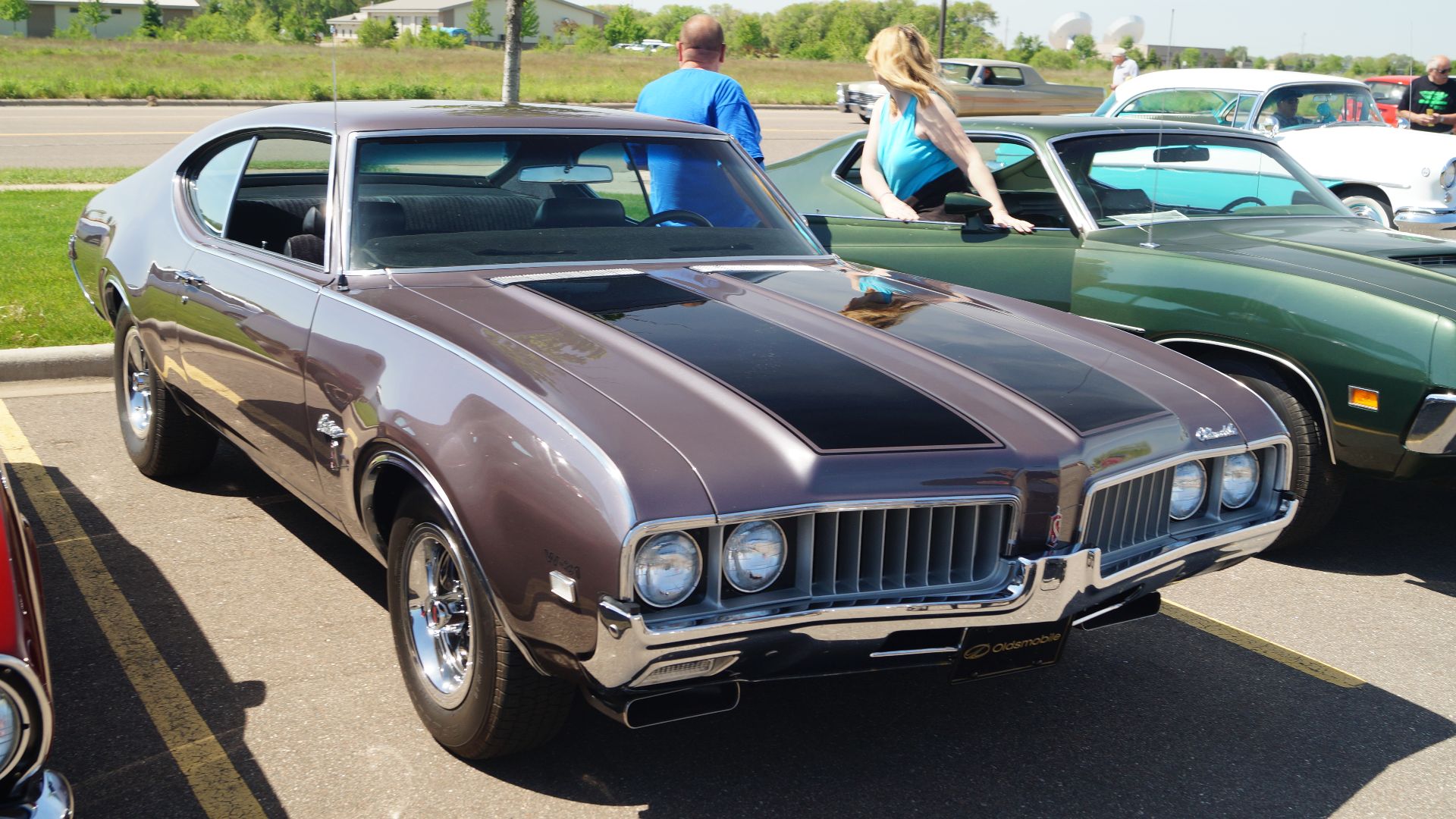 Greg Gjerdingen from Willmar, USA, Wikimedia Commons
Greg Gjerdingen from Willmar, USA, Wikimedia Commons
Chevrolet Nova SS 396
The Nova SS 396 was a sleeper to its core—small package, giant punch. Enthusiasts loved it, but it never reached Camaro-level recognition even though it routinely embarrassed bigger, pricier muscle cars. The little Nova that could… and did.
Plymouth Duster 340
Proof that you don’t need cubic inches to be a menace, the Duster 340 was light, lively, and shockingly quick for its price. It became popular, but not legendary—even though it embodied the pure, unfiltered spirit of street-friendly muscle.
Pontiac Grand Am 455 (1973)
A victim of timing. The early ’70s emissions era smothered performance right as Pontiac tried to build a Euro-influenced muscle sedan with a massive 455. Had it arrived five years earlier, the Grand Am 455 might’ve redefined American performance luxury.
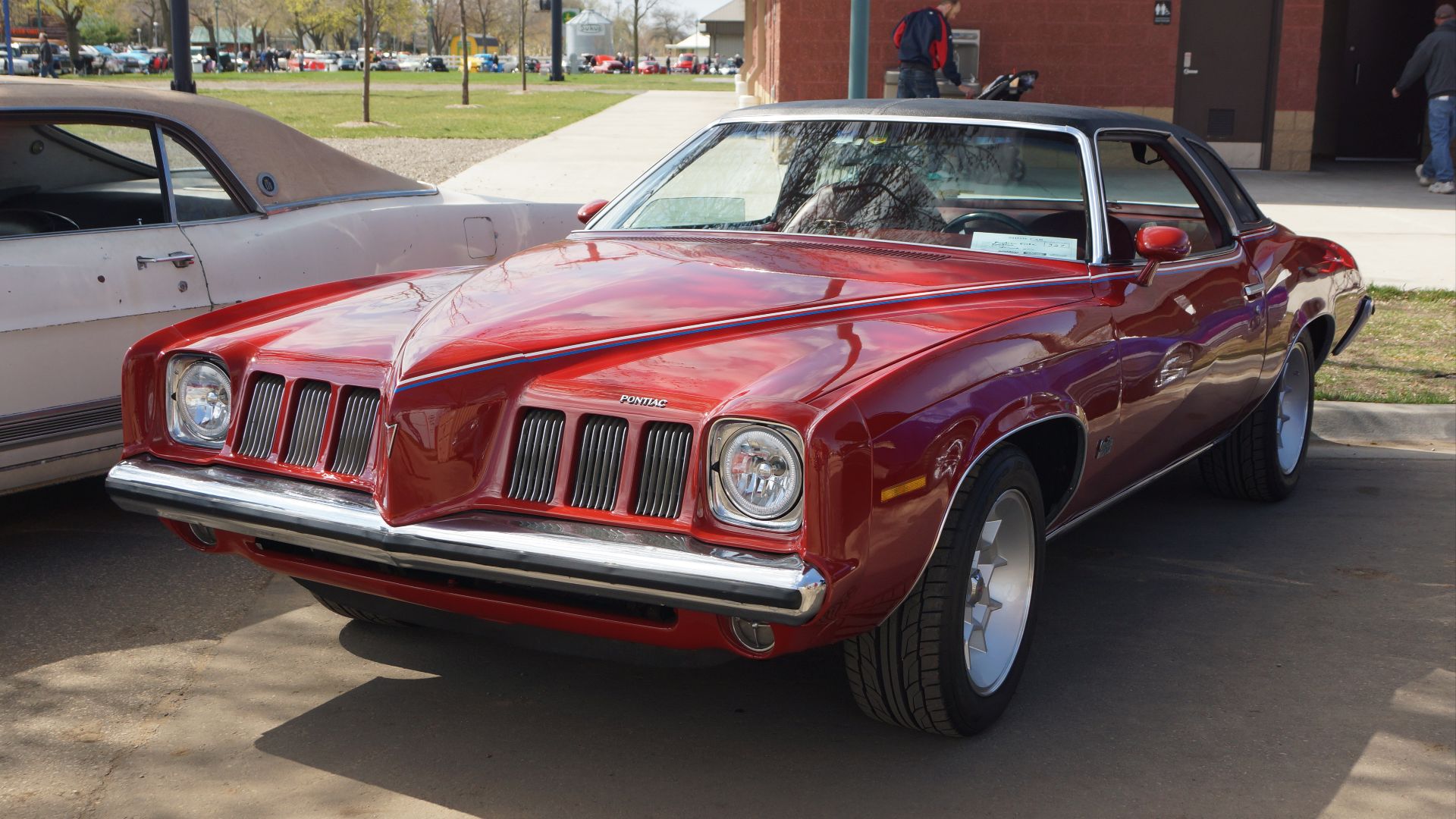 Greg Gjerdingen, Wikimedia Commons
Greg Gjerdingen, Wikimedia Commons
Dodge Coronet R/T
The Coronet R/T brought clean lines and serious punch, especially with a 440 Magnum. But stuck between the more famous Charger and the budget-friendly Super Bee, it never carved out a distinct identity. Still, it’s one of Dodge’s most balanced muscle offerings
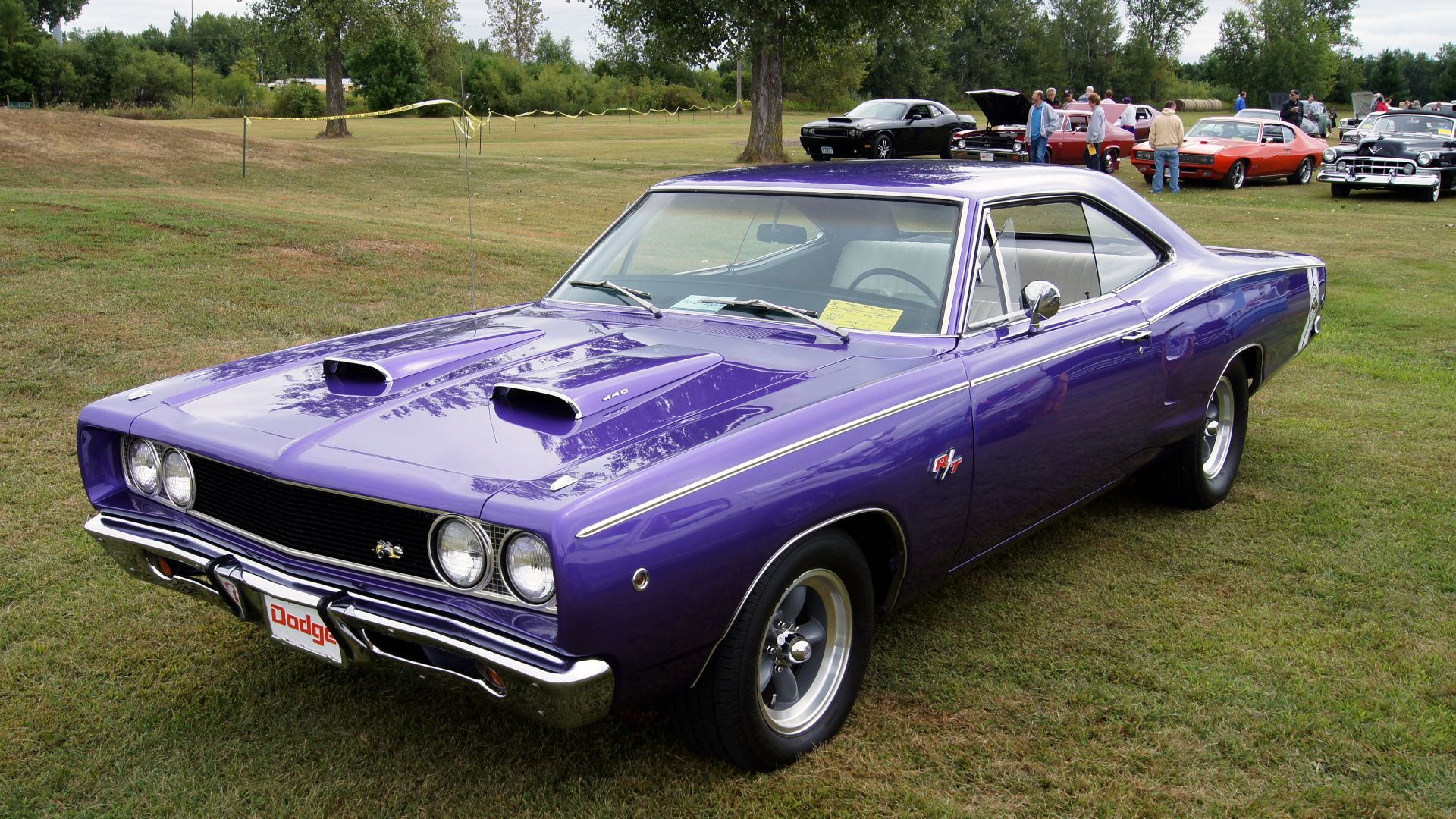 Greg Gjerdingen from Willmar, USA, Wikimedia Commons
Greg Gjerdingen from Willmar, USA, Wikimedia Commons
Chevrolet Monte Carlo SS 454
Long before the ’80s Monte Carlo SS, Chevy dropped a 454 into this stylish cruiser. It had personal-luxury swagger with muscle-car thrust—an irresistible combo that deserved better than the mild interest it got at the time.
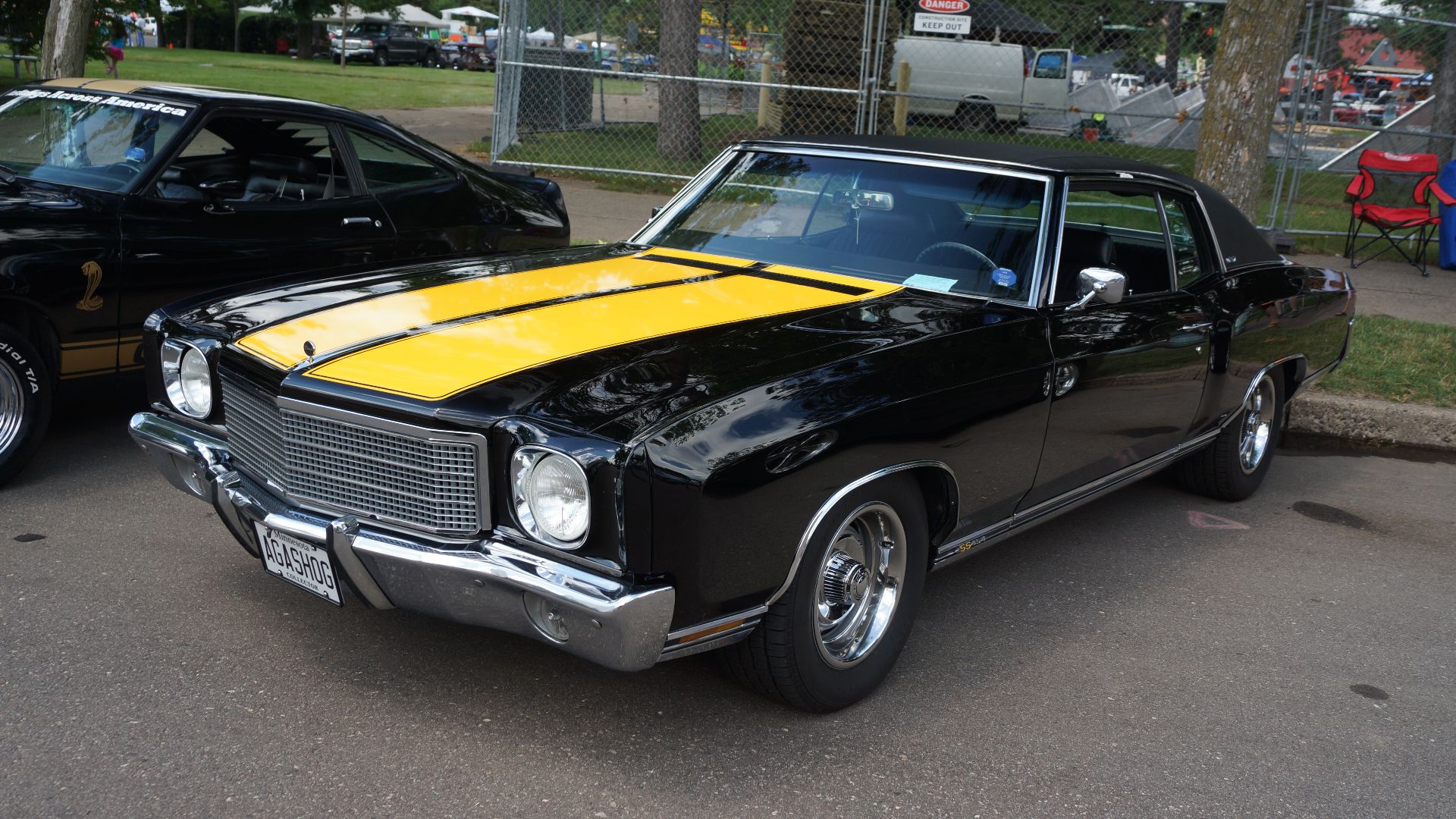 Greg Gjerdingen from Willmar, USA, Wikimedia Commons
Greg Gjerdingen from Willmar, USA, Wikimedia Commons
Ford Mustang SVO
A turbo four-cylinder Mustang in the ’80s was blasphemy to some, brilliance to others. The SVO handled better than the GT, had European flair, and proved the Mustang could evolve. Today it’s appreciated, but it should’ve been recognized as a visionary car from day one.
AMC Hornet SC/360
A compact car with a V8 and attitude? The Hornet SC/360 checked boxes decades before the modern muscle renaissance. With a 360 V8 and a weight figure that made competitors nervous, it should’ve been AMC’s lightweight breakout star.
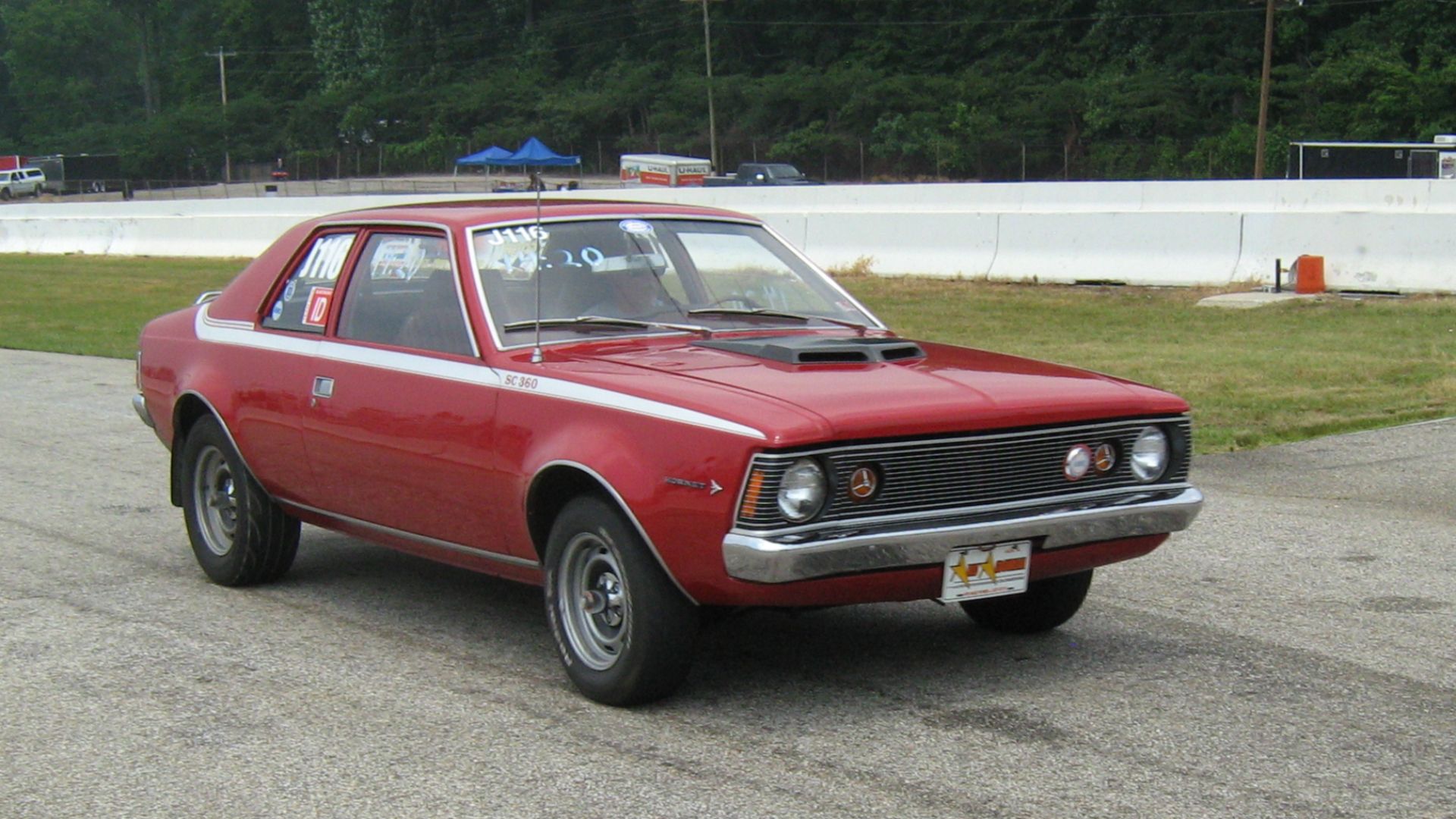 CZmarlin — Christopher Ziemnowicz, Wikimedia Commons
CZmarlin — Christopher Ziemnowicz, Wikimedia Commons
Buick Regal Grand Sport (1960s)
The early Regal GS models were Buick’s overlooked step into muscle. Smooth styling, strong engines, and understated menace made them excellent sleepers—but Buick’s marketing preferred refinement over rowdiness, keeping the GS out of prime muscle conversation.
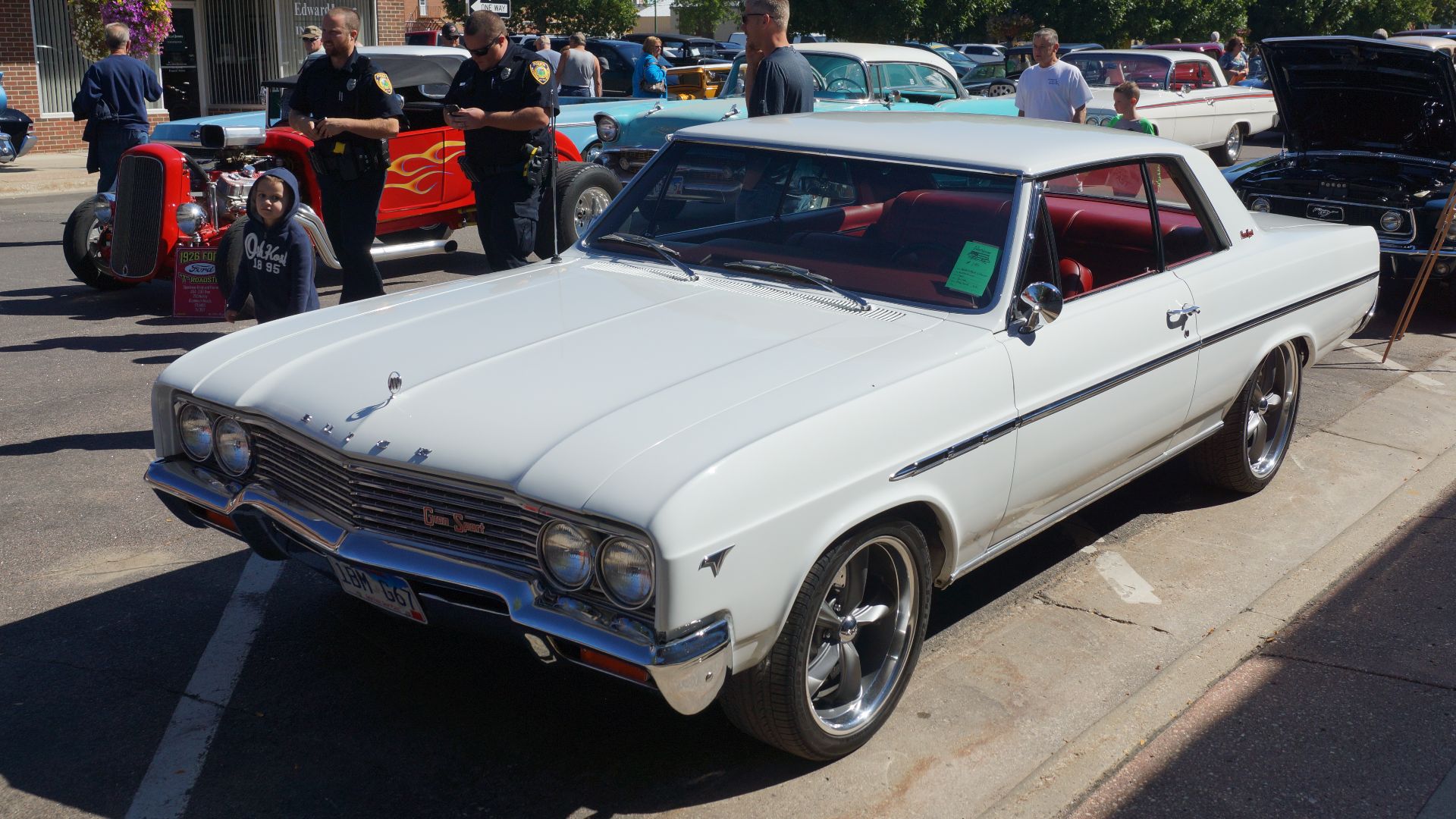 Greg Gjerdingen from Willmar, USA, Wikimedia Commons
Greg Gjerdingen from Willmar, USA, Wikimedia Commons
Chevy Impala SS 427
Yes, it was big. Yes, it was heavy. And yes, it was fast. The SS 427 Impala could hustle in ways no full-size car had a right to. But size bias kept it from legend status, even though it proved the muscle formula worked beyond midsize coupes.
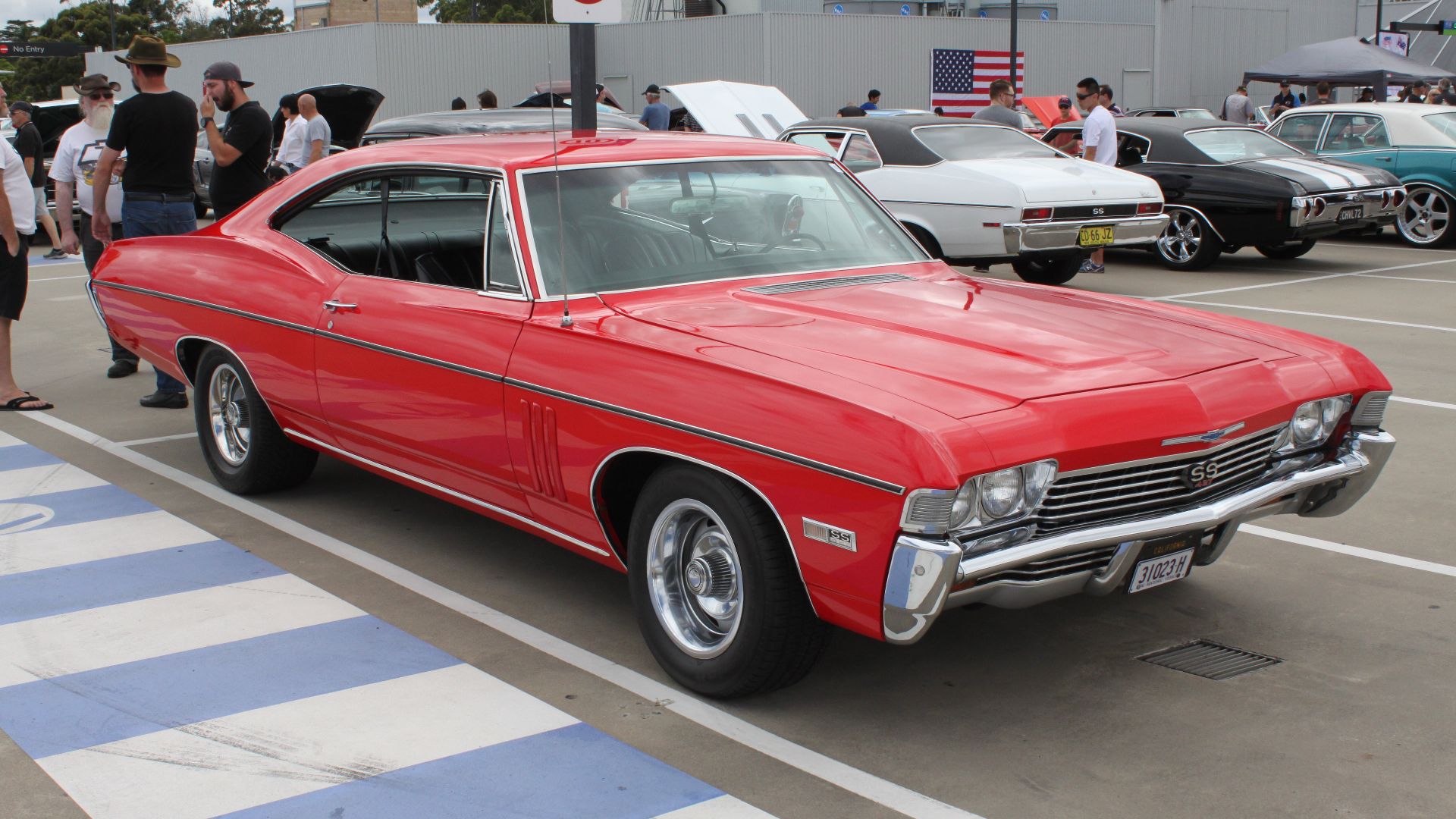 Jeremy from Sydney, Australia, Wikimedia Commons
Jeremy from Sydney, Australia, Wikimedia Commons
Pontiac Phoenix SJ
A quirky one, but stay with us—the Phoenix SJ could be optioned with a strong 305 V8 and sport-tuned suspension. It wasn’t a traditional muscle car, but it had the DNA. With proper promotion, it could’ve been Pontiac’s answer to the sporty compacts taking over the late ’70s.
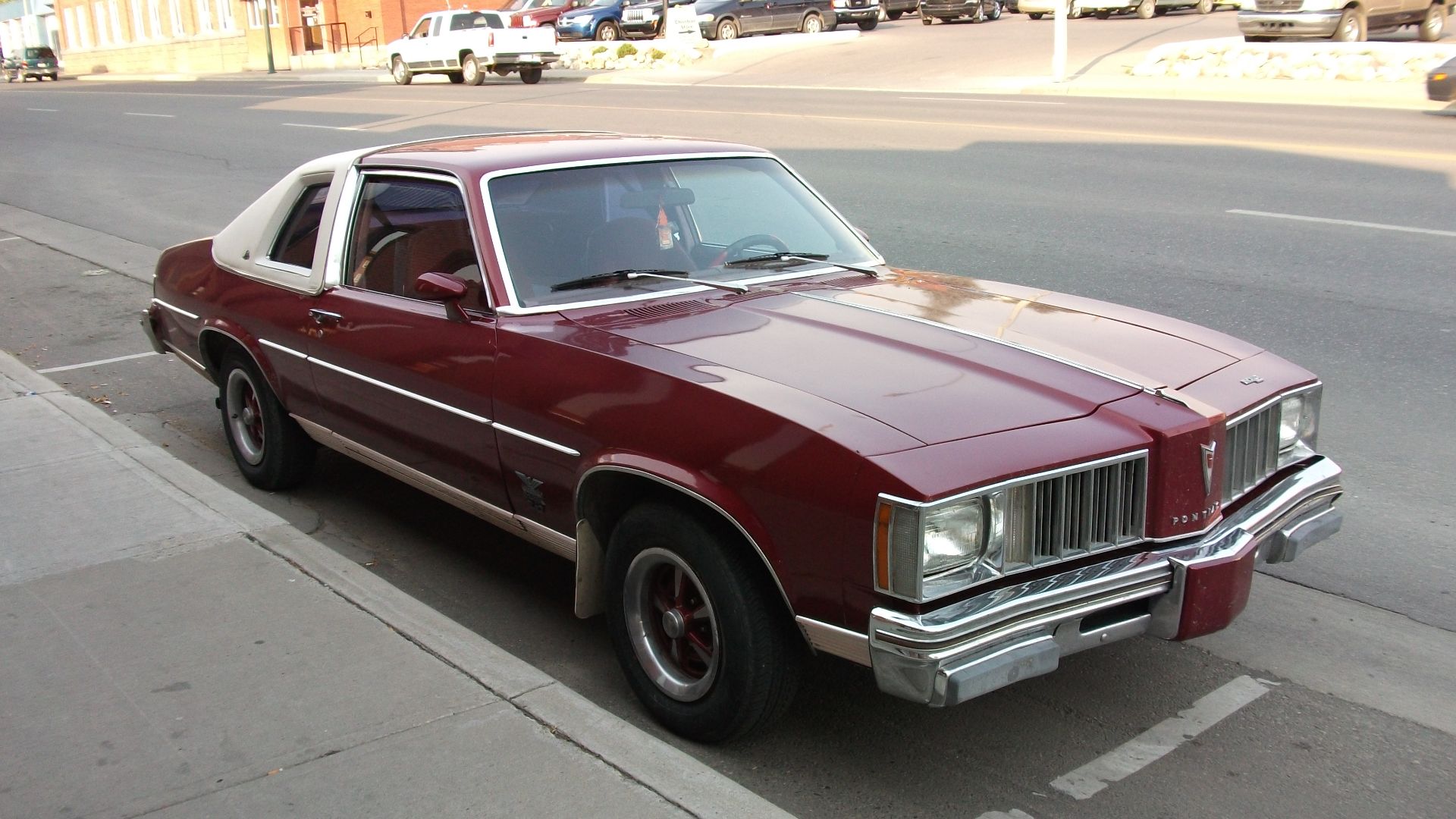 dave_7 from Lethbridge, Canada, Wikimedia Commons
dave_7 from Lethbridge, Canada, Wikimedia Commons
Dodge Magnum XE
Think of it as the Charger’s disco-era cousin—big haunches, big engines, and NASCAR-approved aerodynamics. The Magnum XE had real performance potential, but the late ’70s were rough for muscle, and this stylish machine never caught fire.
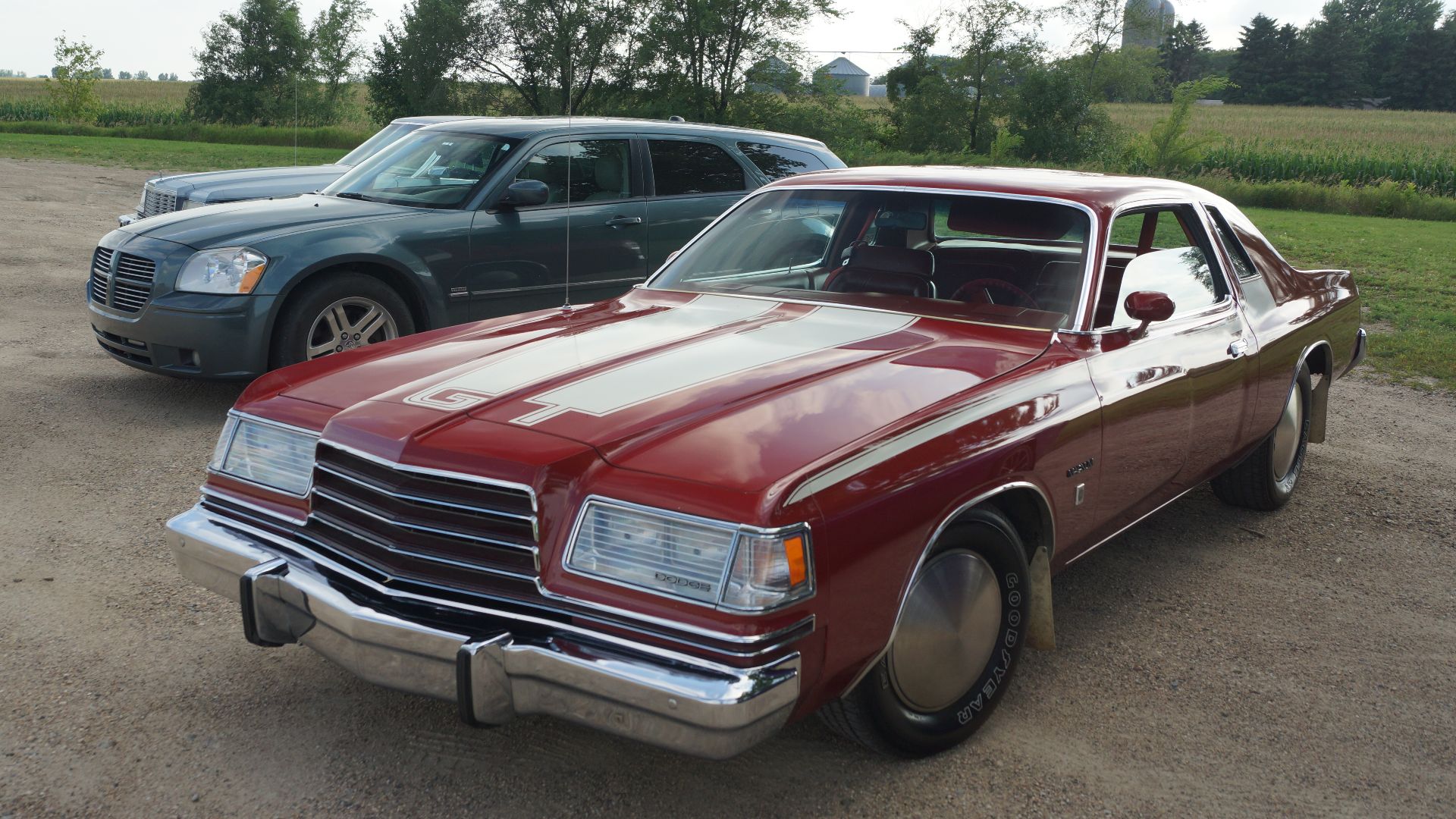 Greg Gjerdingen from Willmar, USA, Wikimedia Commons
Greg Gjerdingen from Willmar, USA, Wikimedia Commons
These Cars Deserved More Glory
Muscle car history loves its favorites—Chargers, Mustangs, Camaros, GTOs, Chevelles. But the machines above prove the era was far richer than the highlight reels suggest. These were the near-legends, the underrated bruisers, the should-have-been icons that brought style, speed, personality, and innovation to the automotive world.
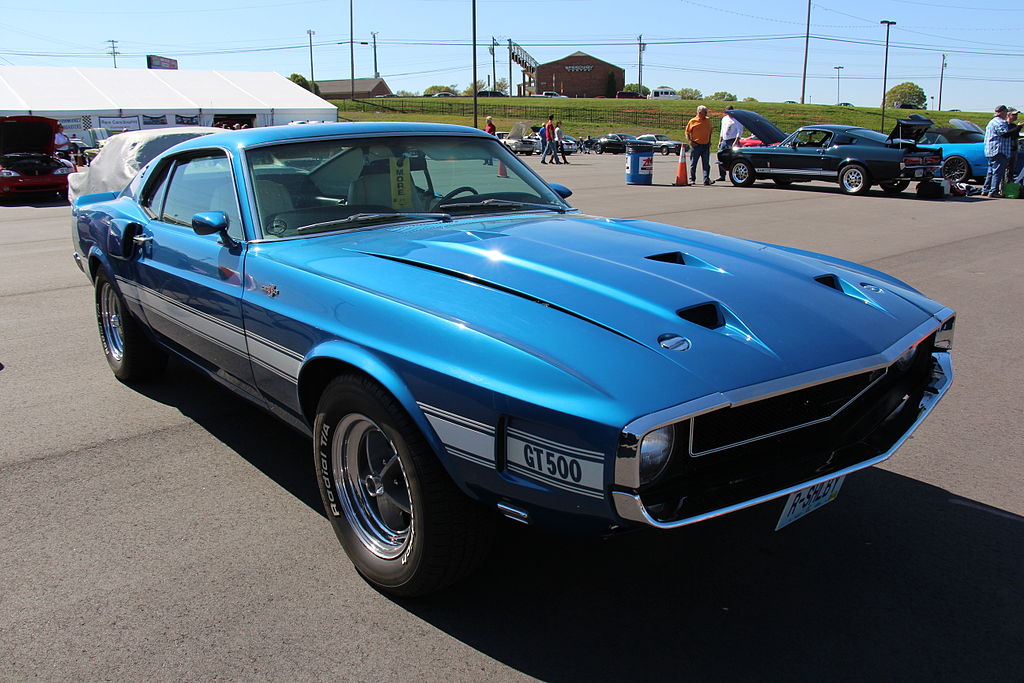 Sicnag, CC BY 2.0, Wikimedia Commons
Sicnag, CC BY 2.0, Wikimedia Commons
You May Also Like:
Baby Boomers Are Scared To Admit They Secretly Admire These EVs
I bought a used car from a private seller and it broke down a week later. Can I get my money back?
I caught my mechanic test-driving my car all the way across town. Is he allowed to do this?

